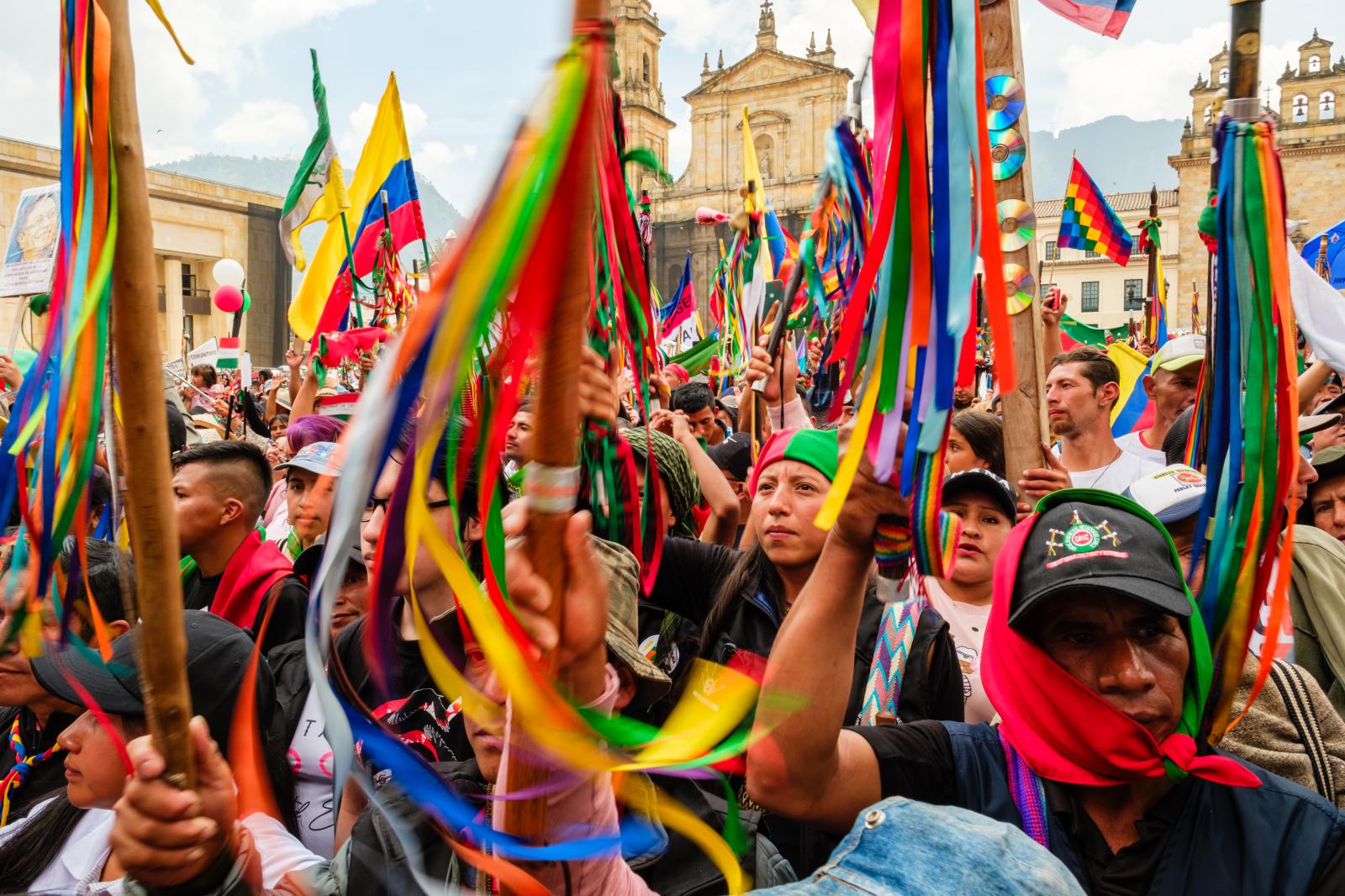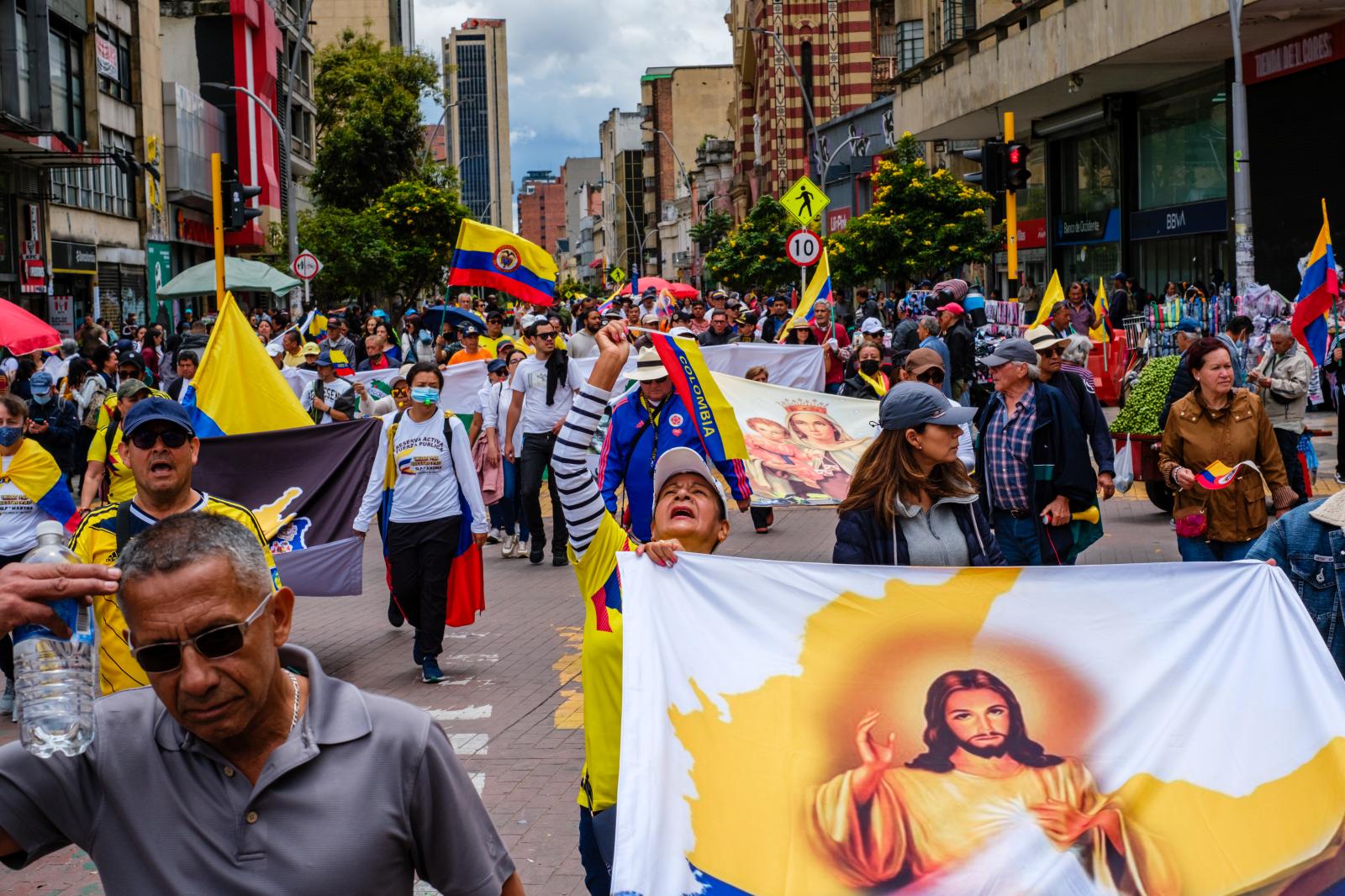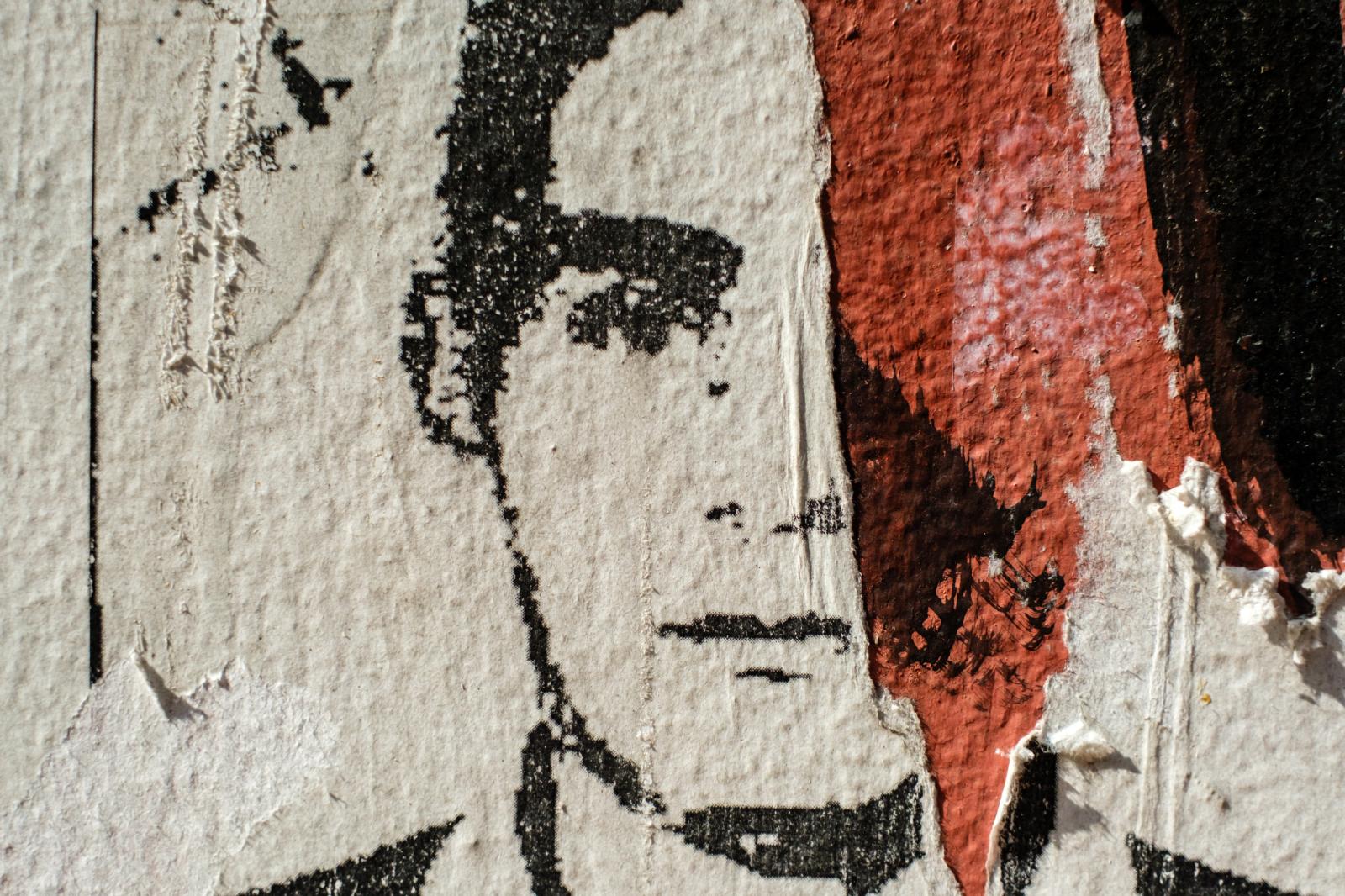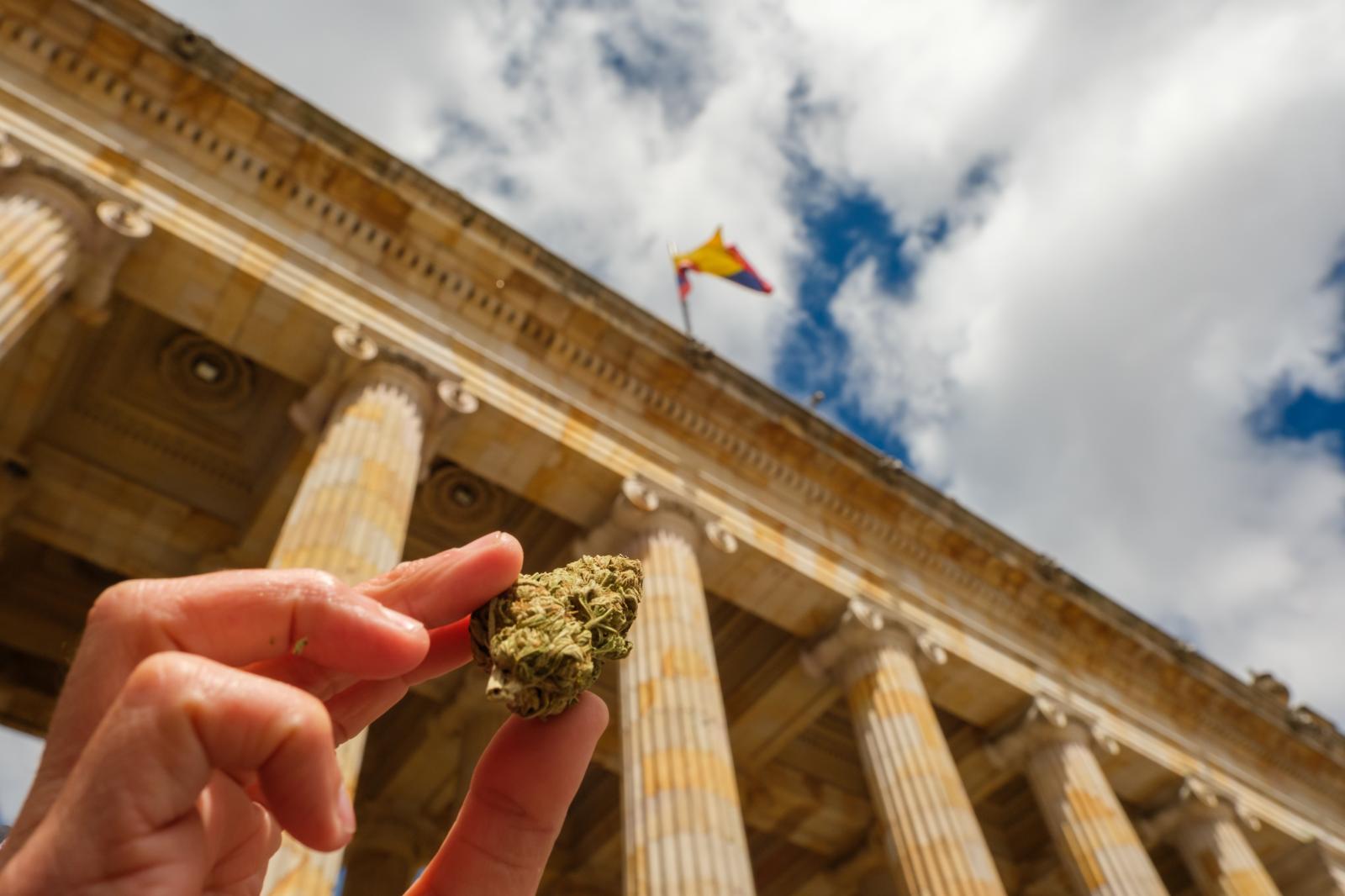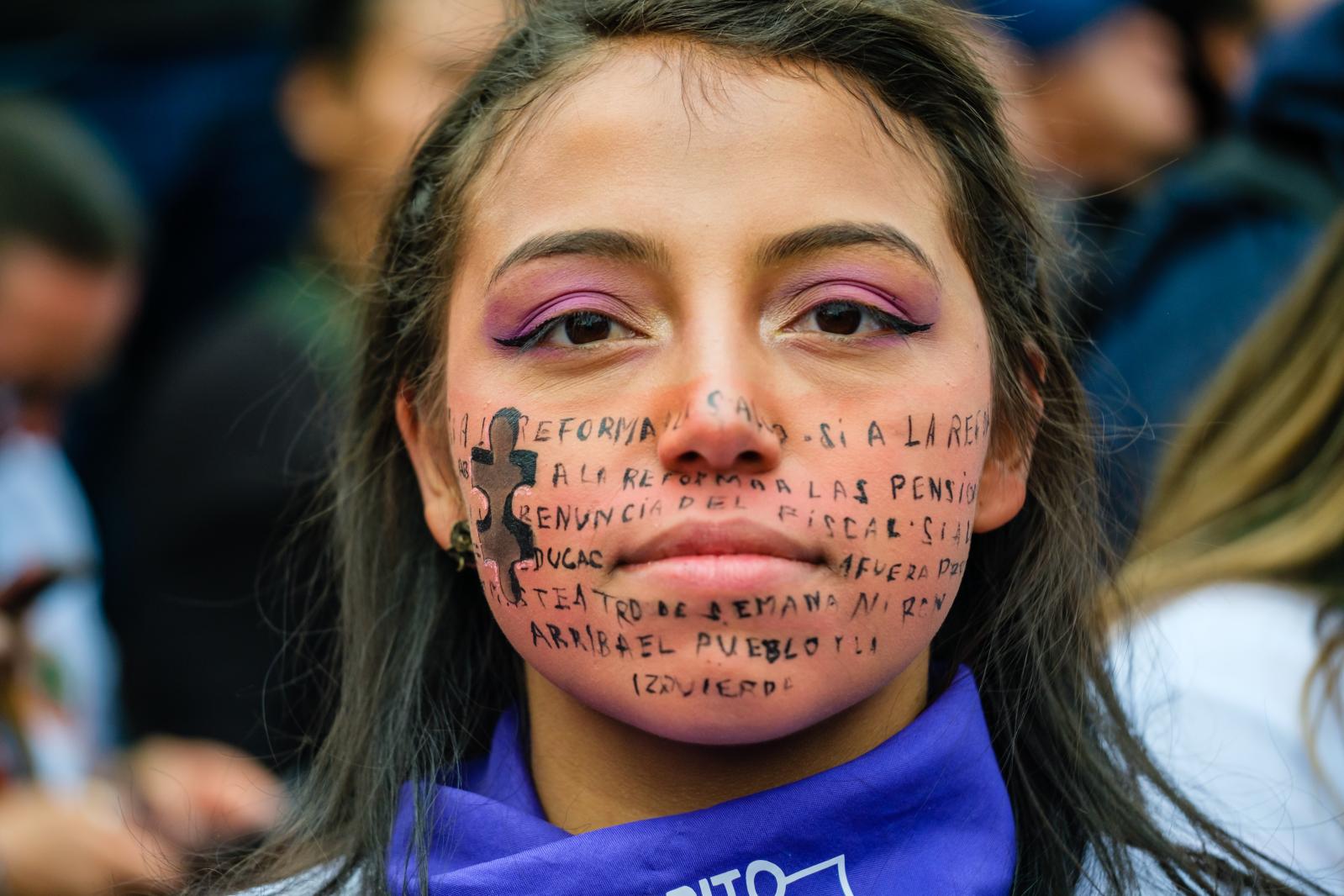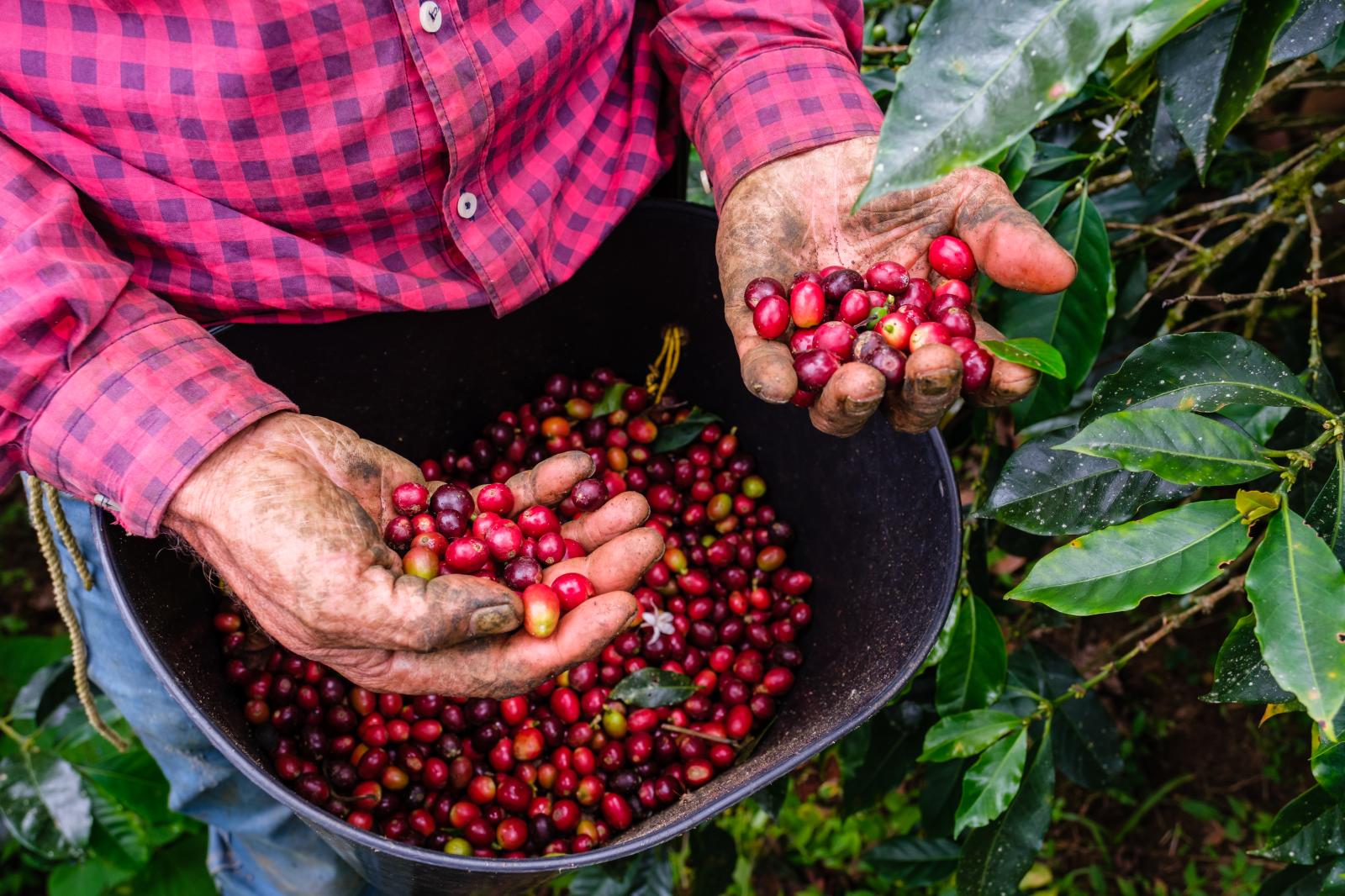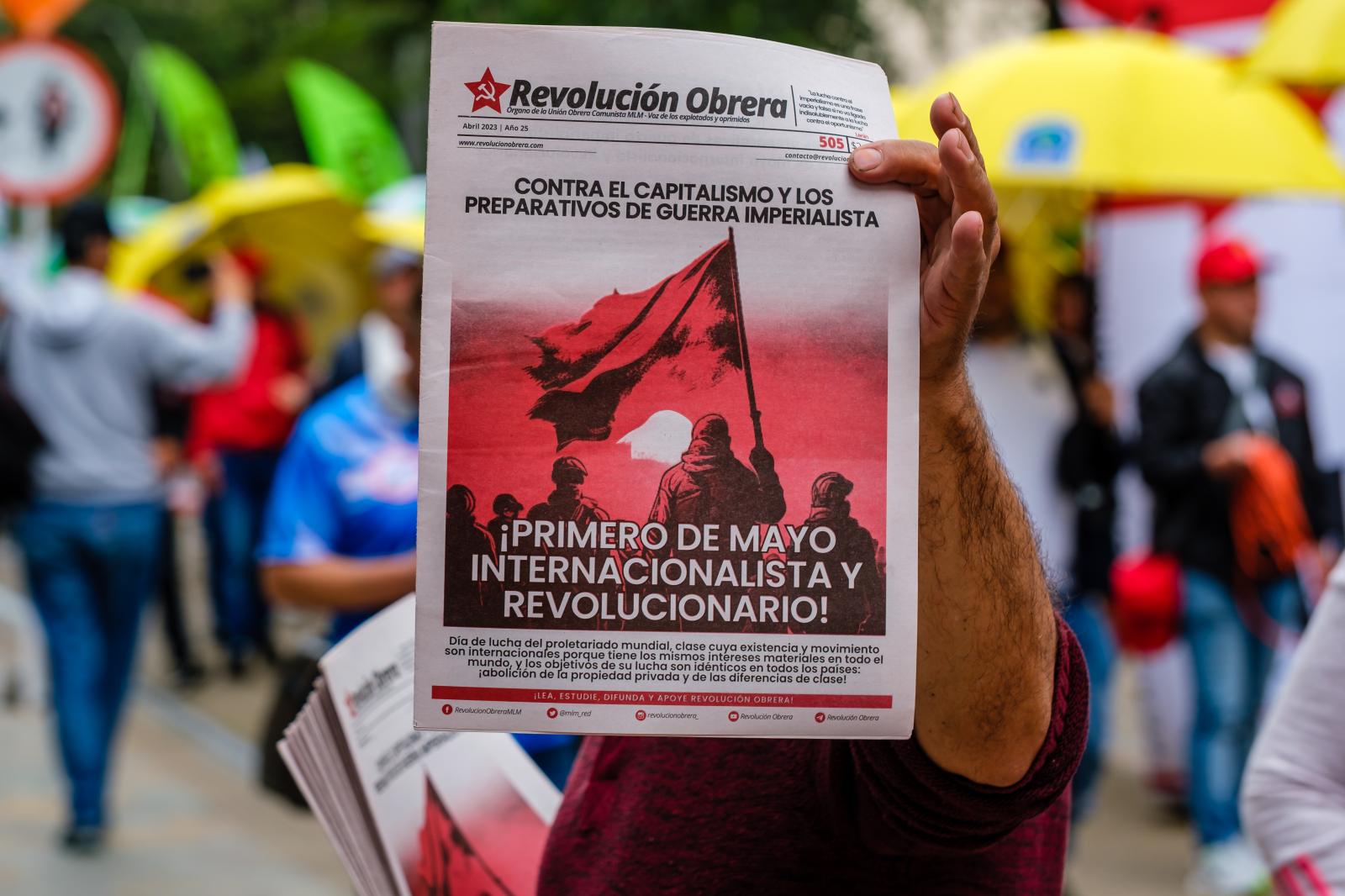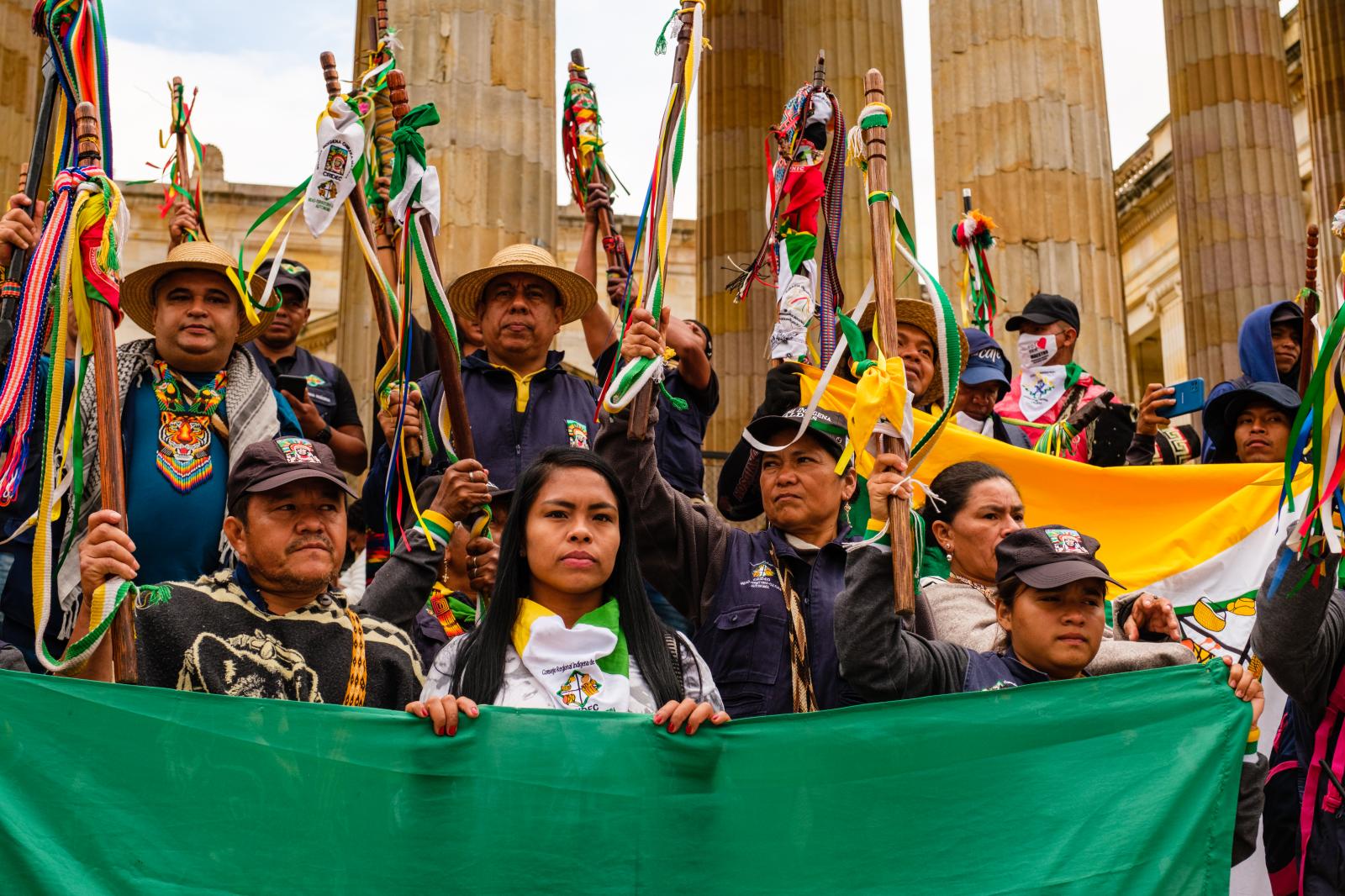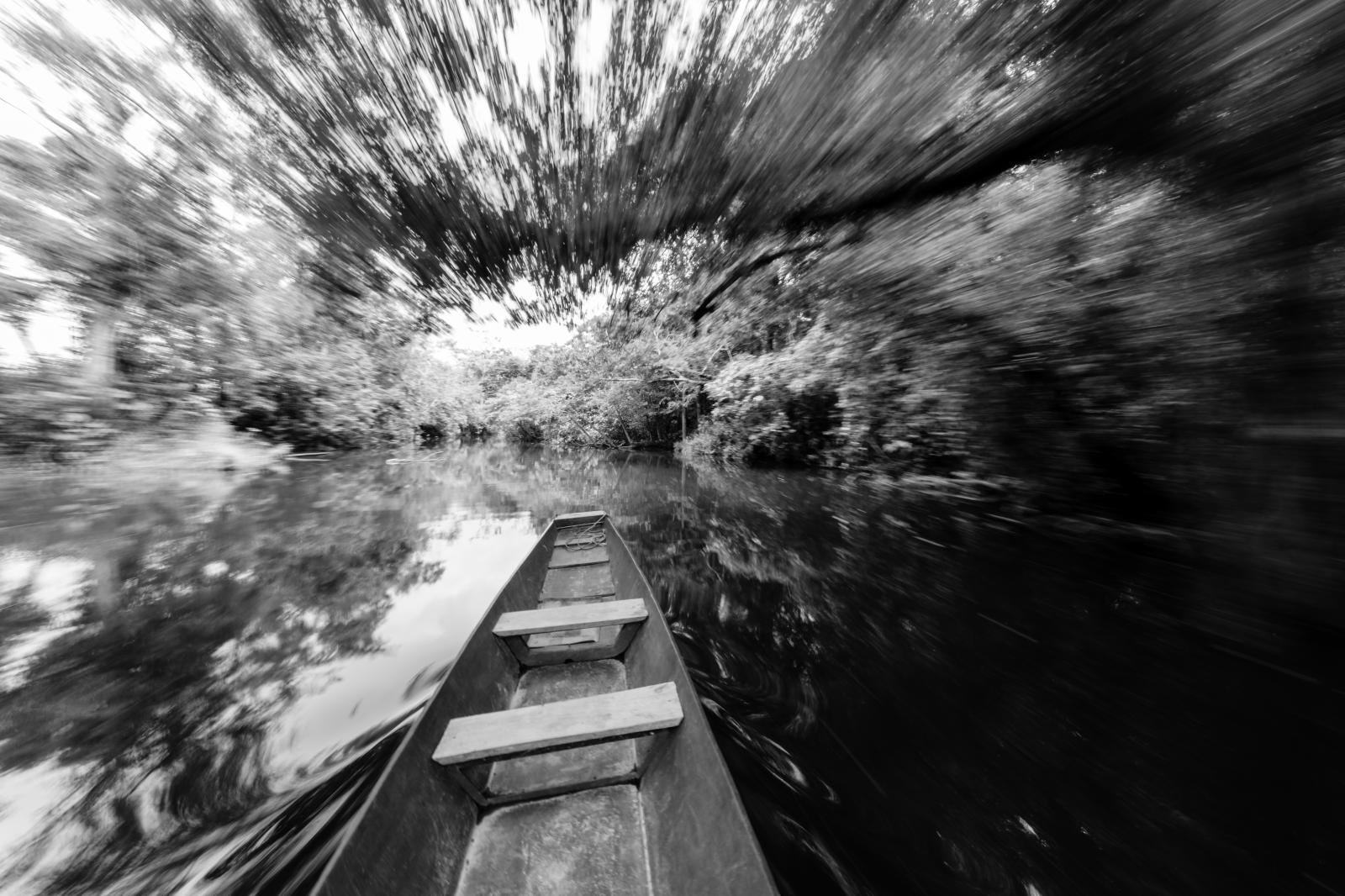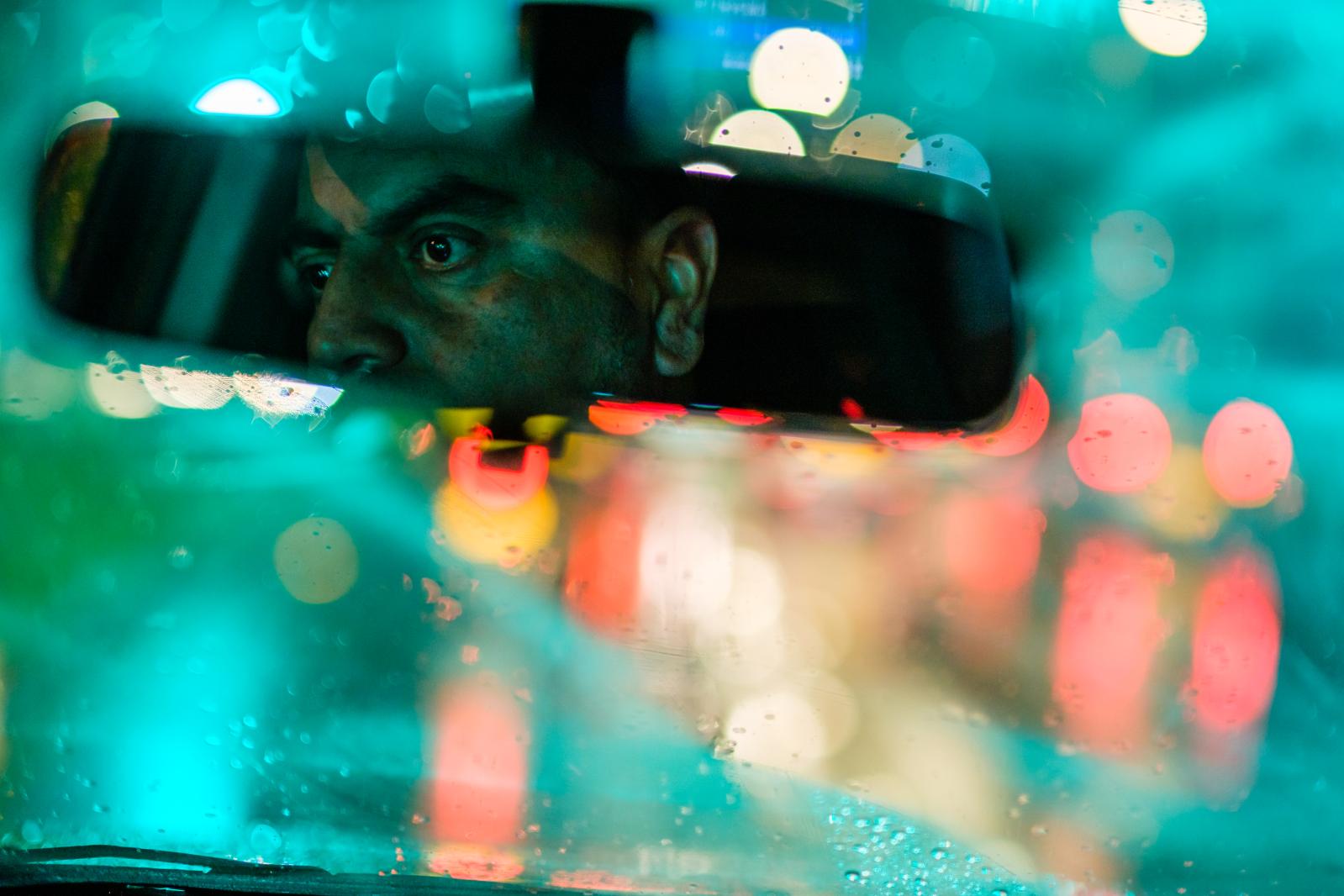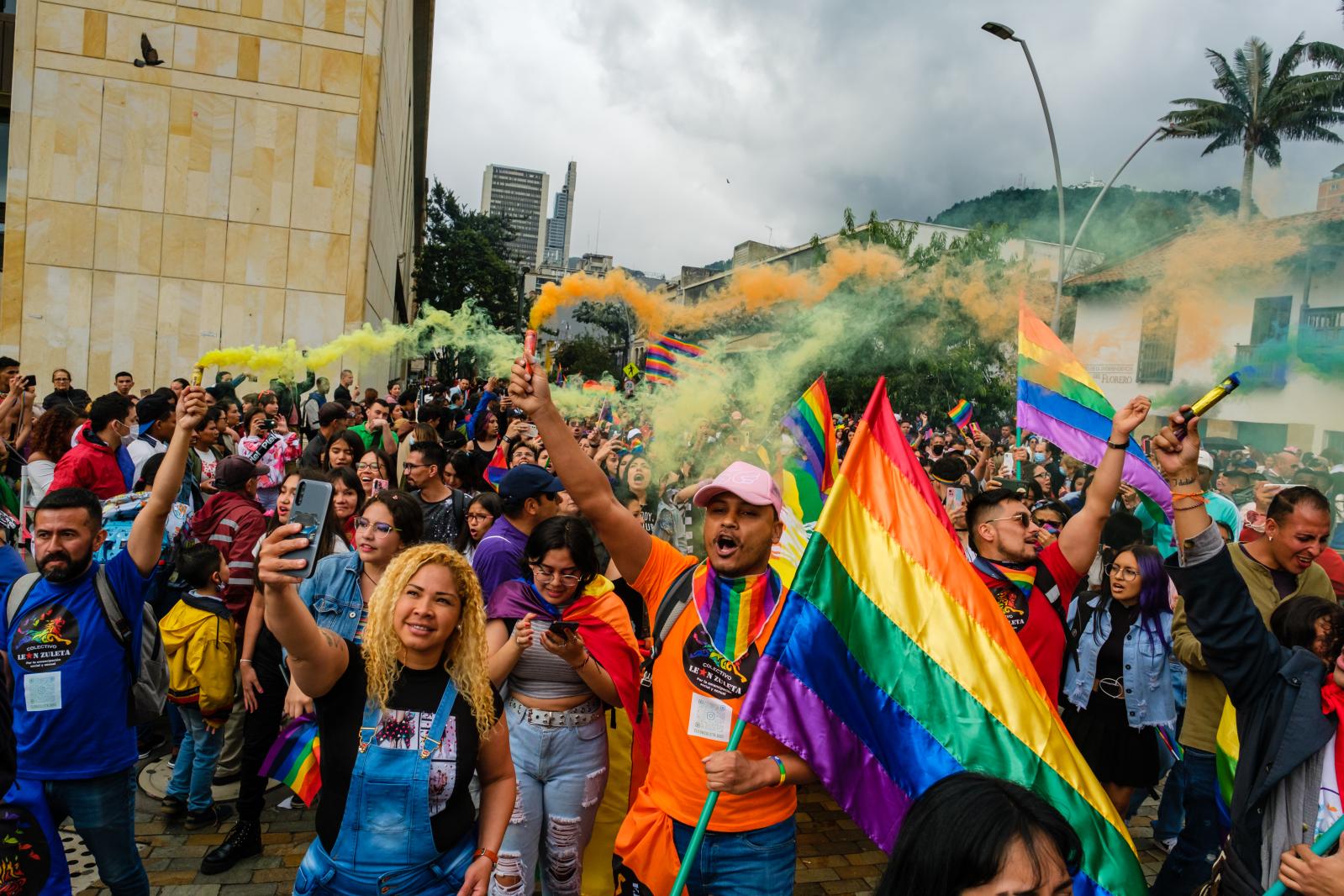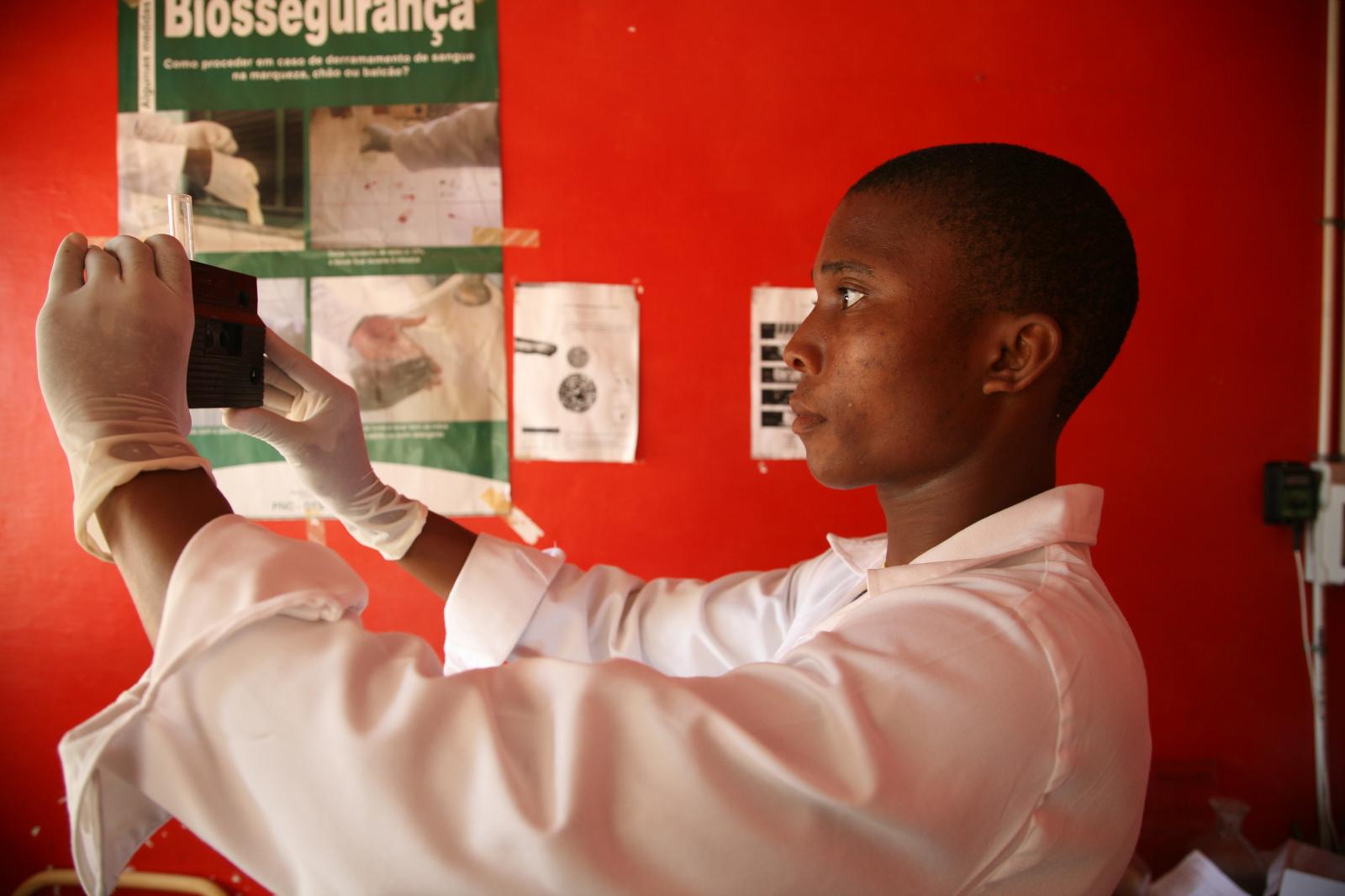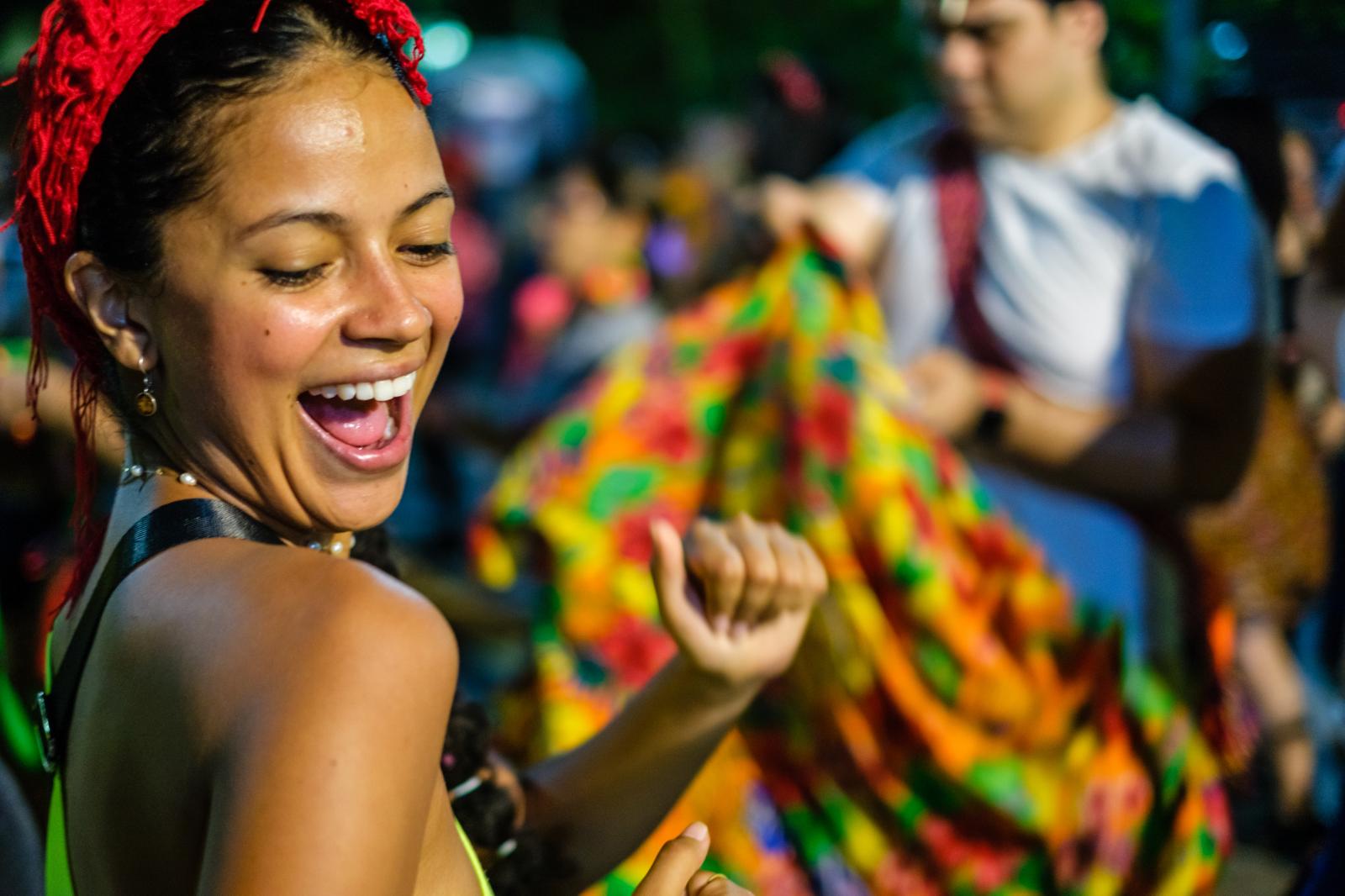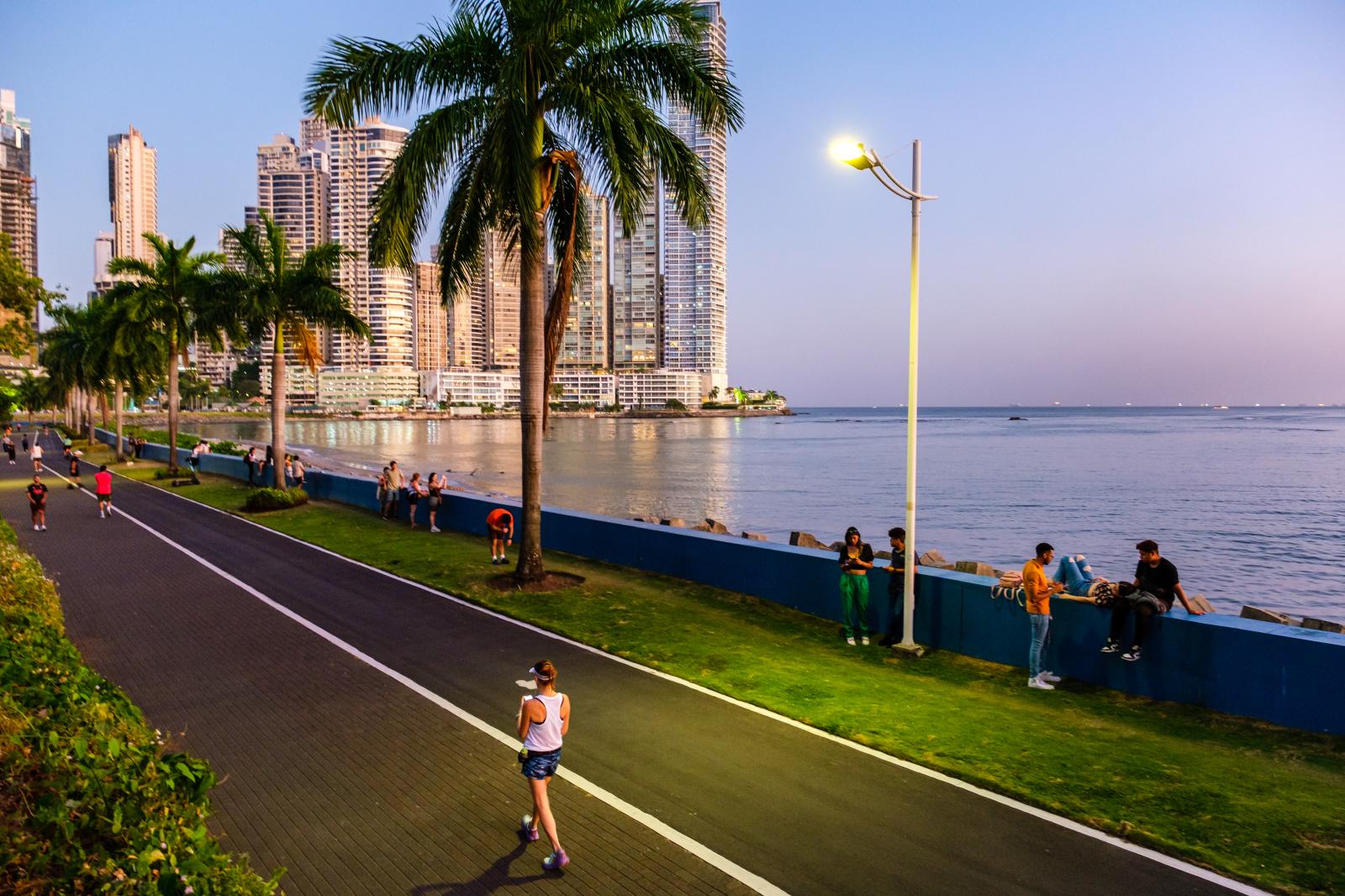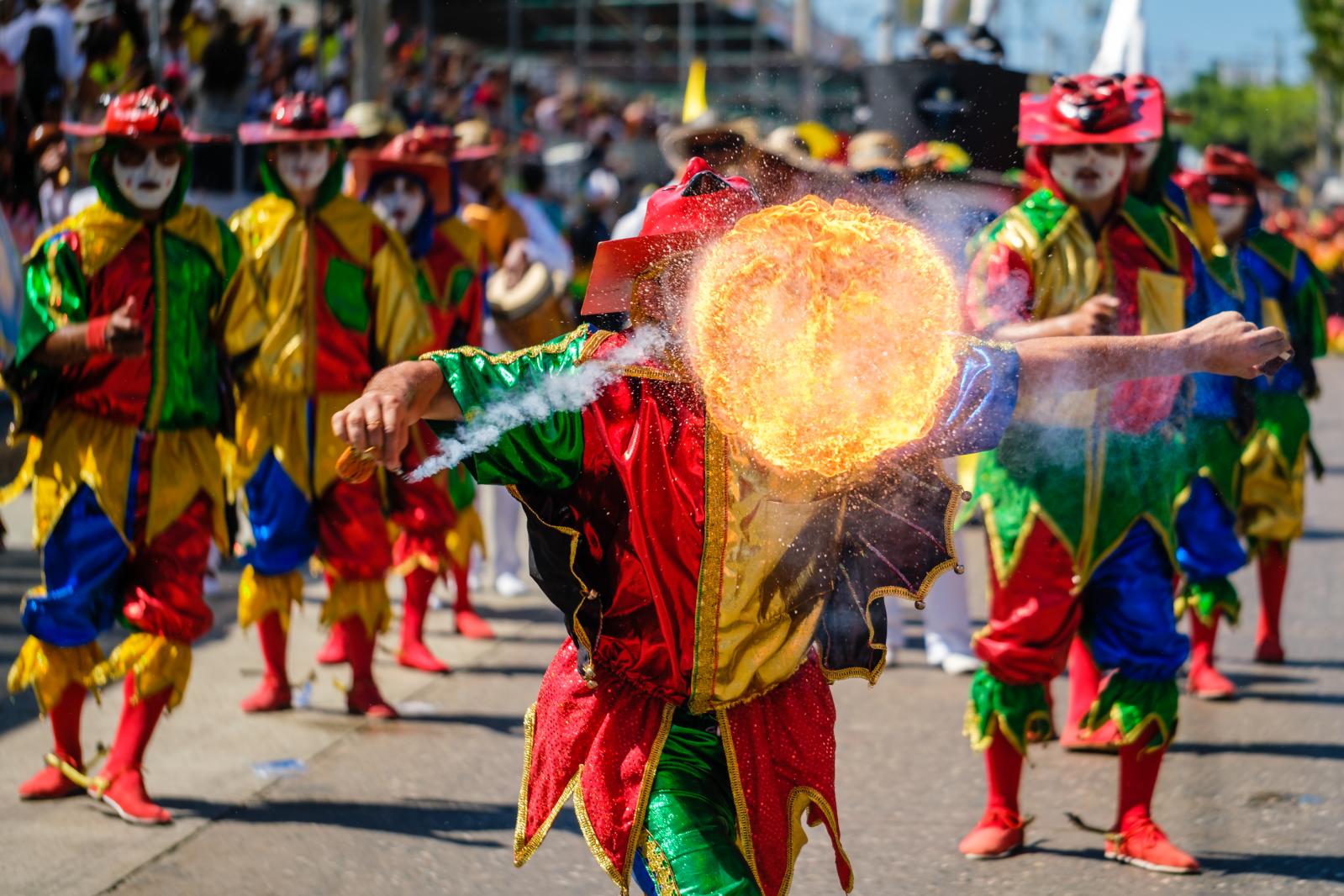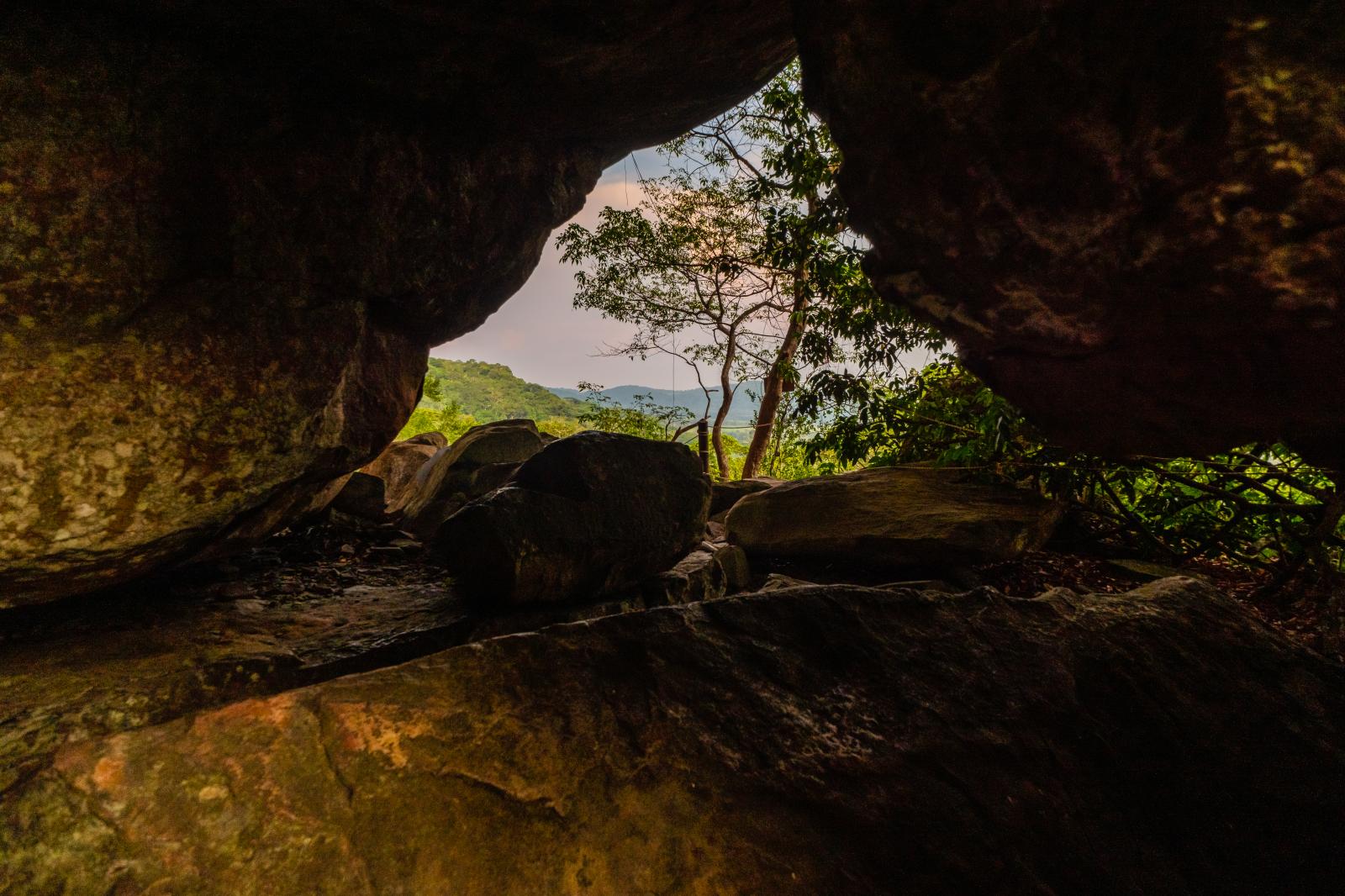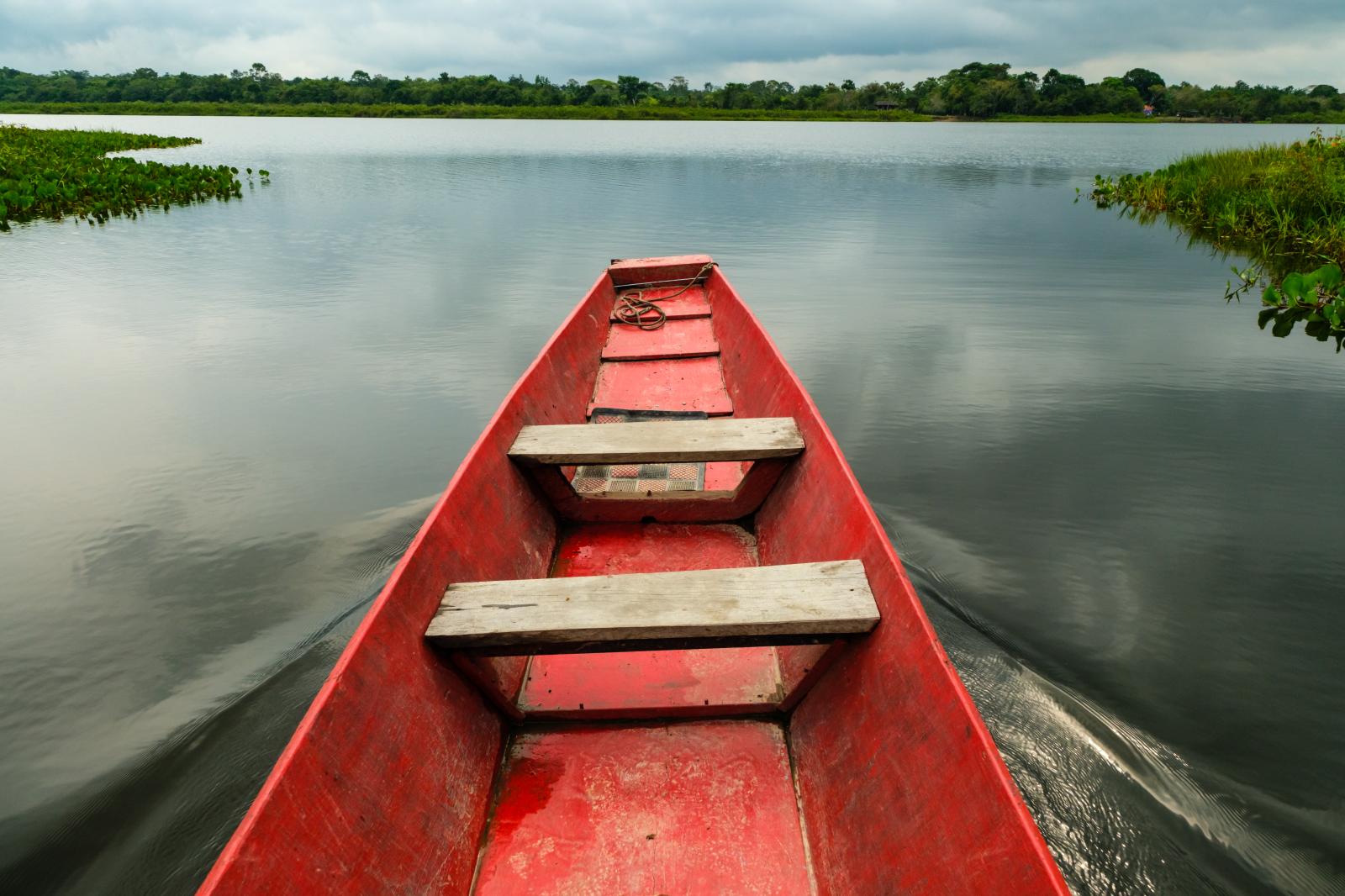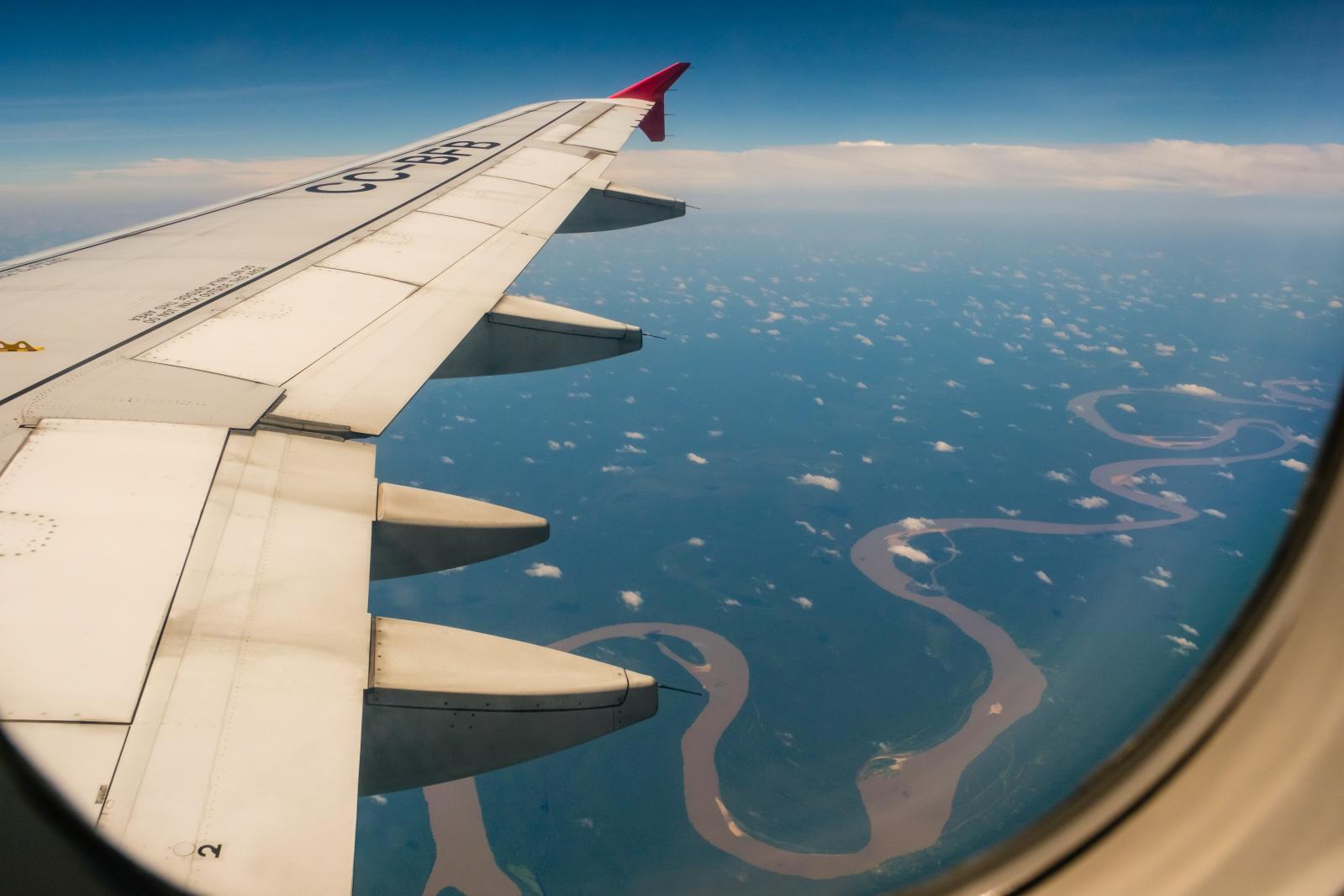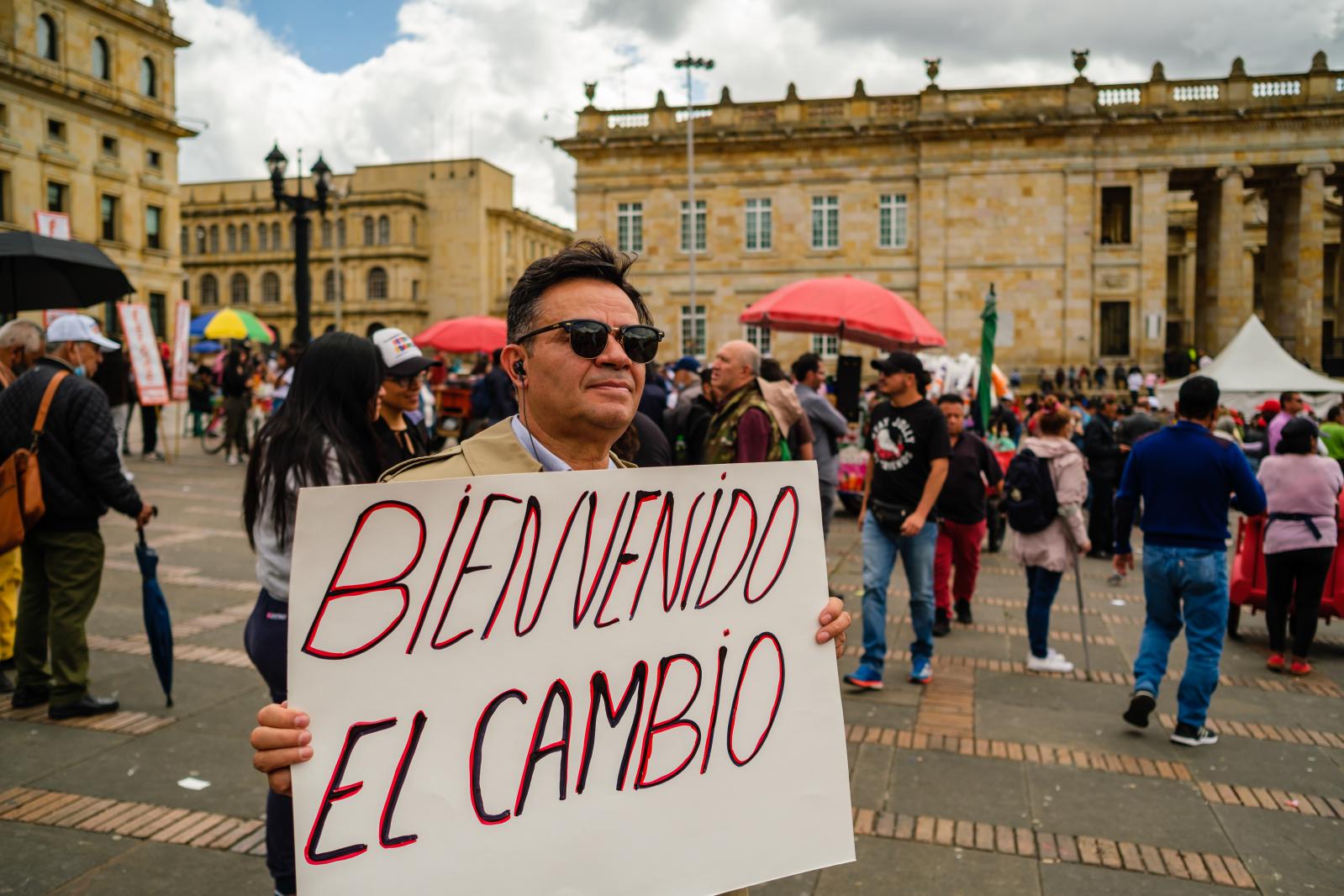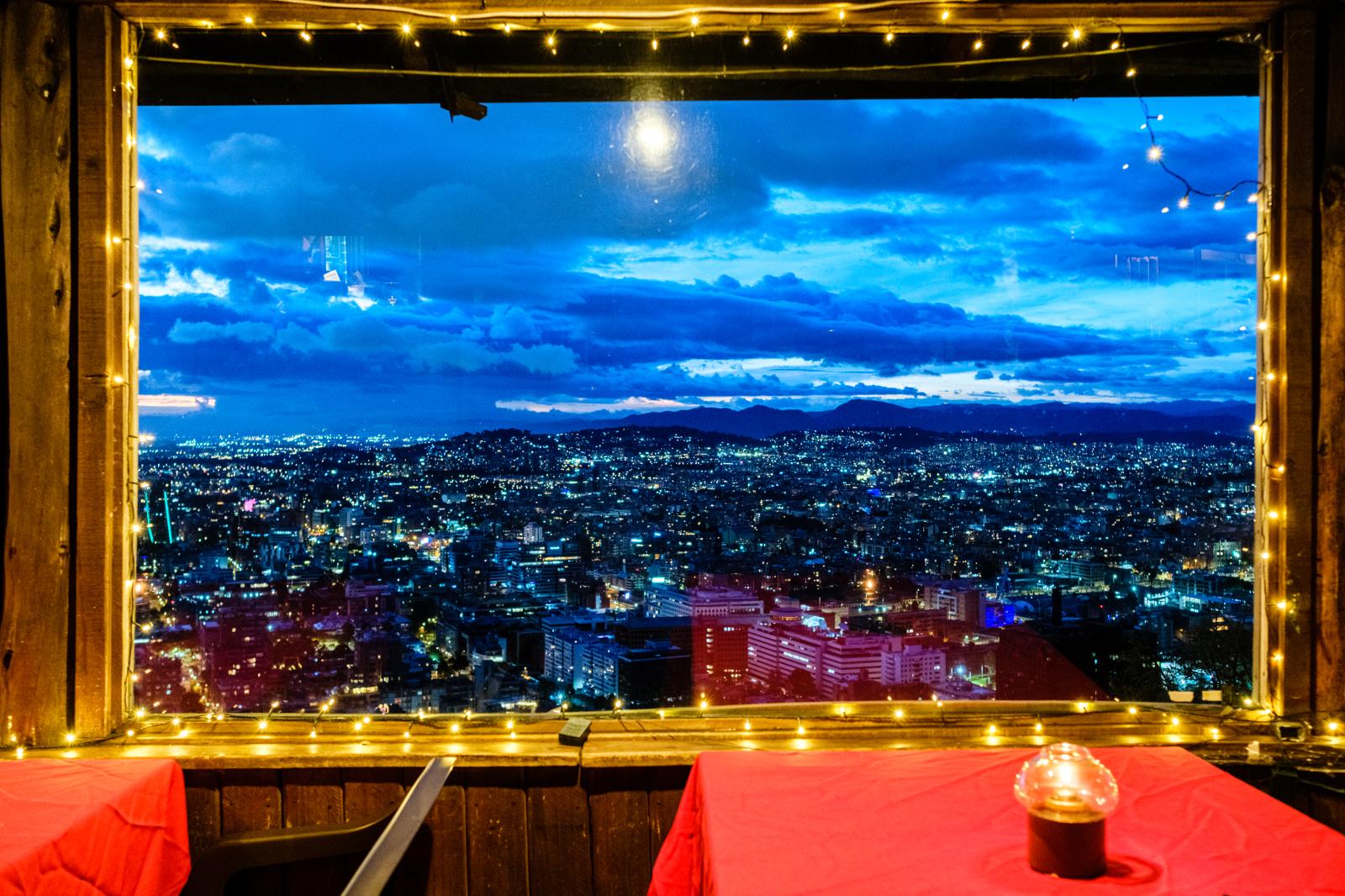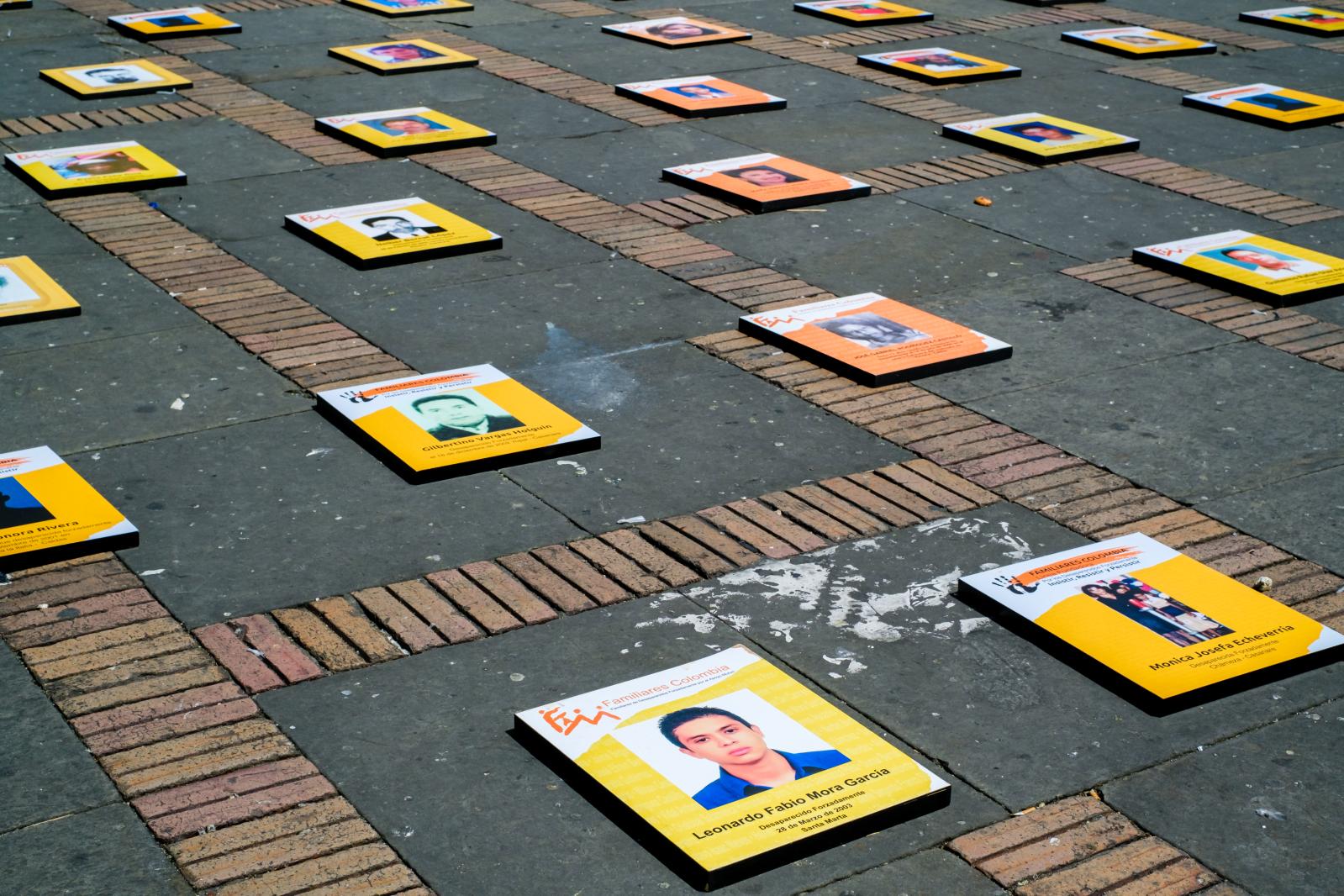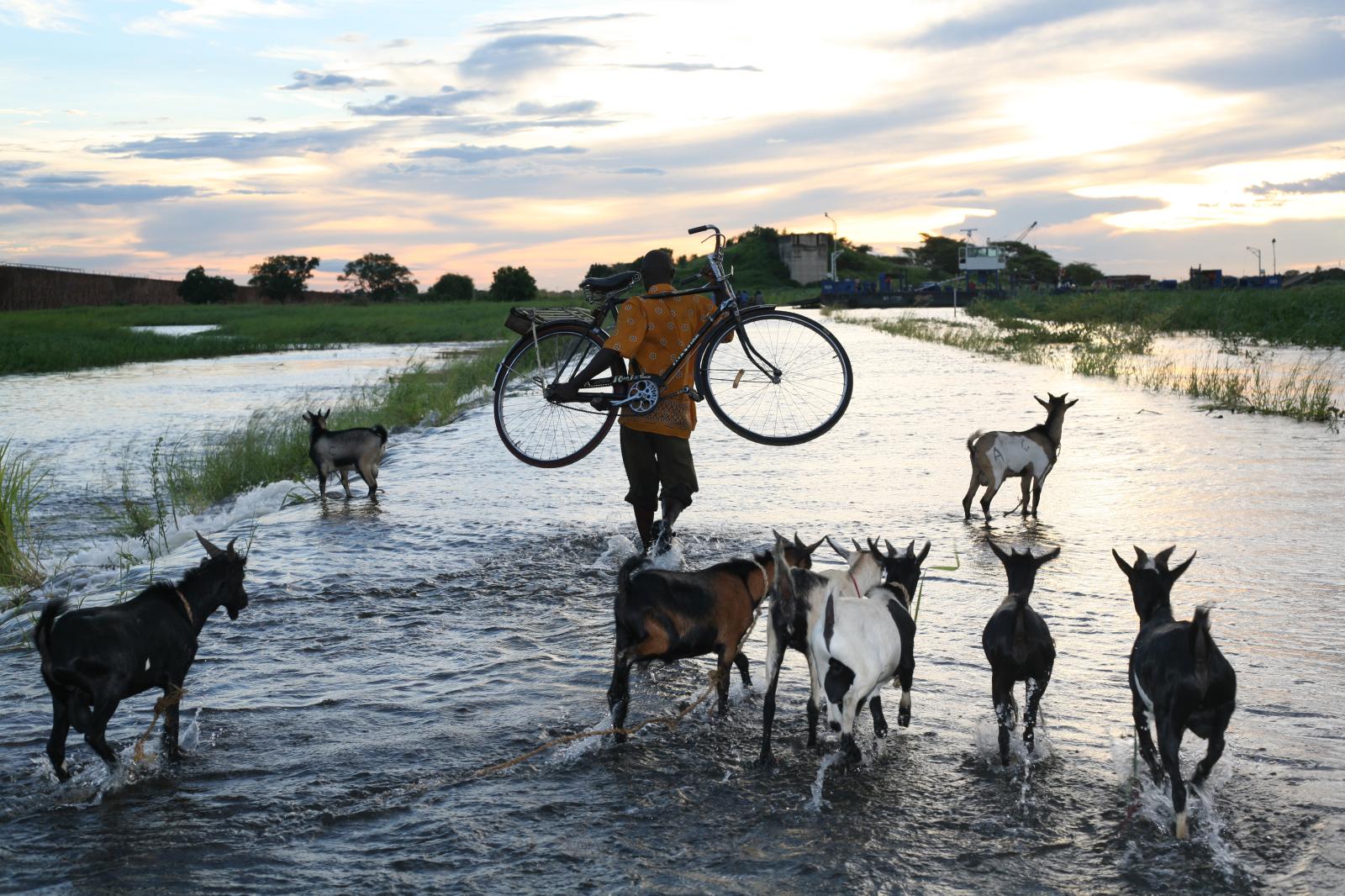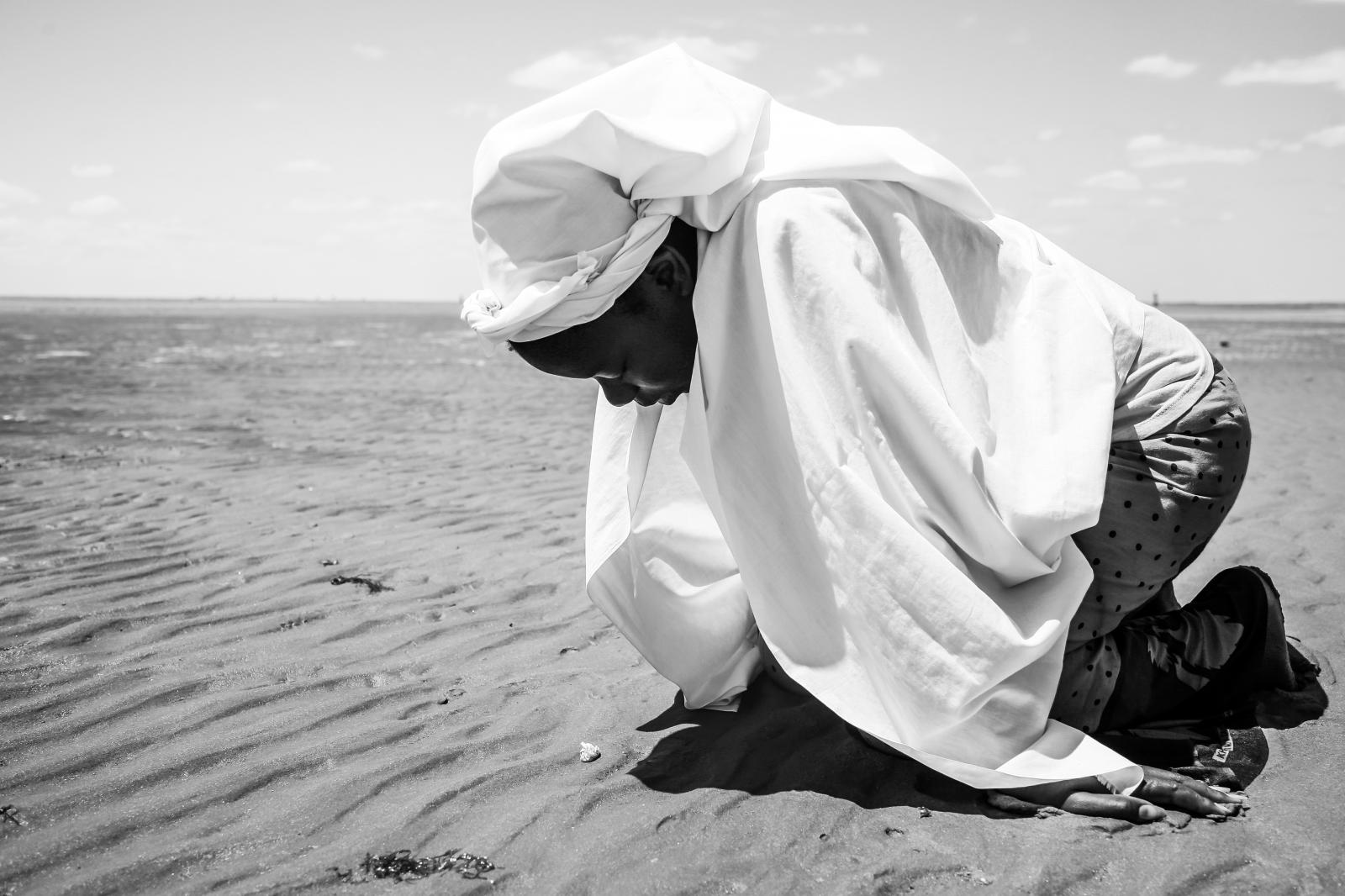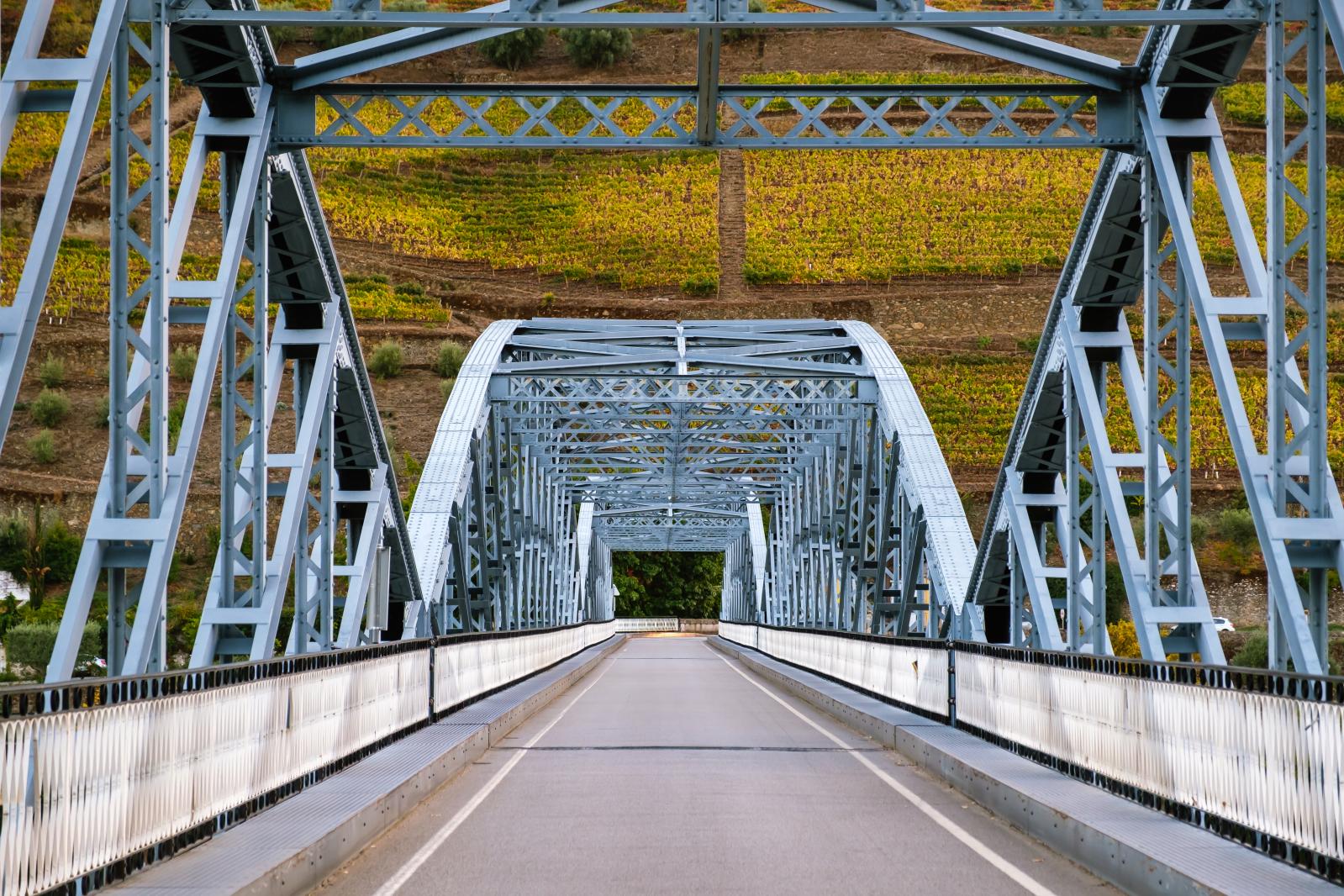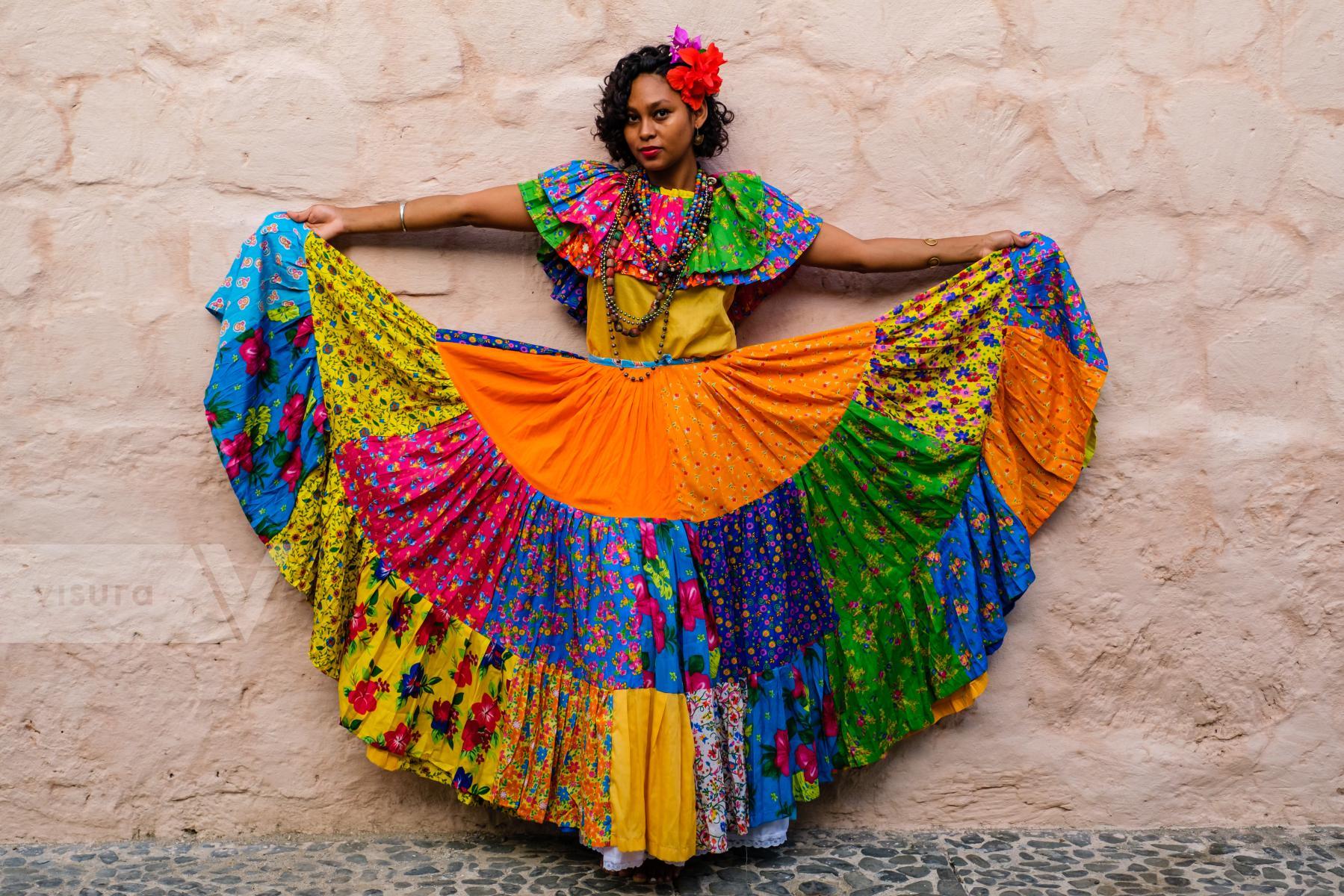
Tatiana posing with her Pollera Congo. Congo traditions in Panama celebrate the resistance enslaved Africans during the Spanish colonial period who escaped to the hills and rain forests of the Americas to establish independent communities. They were free Blacks, free “Congos.” Origin narratives surrounding the name “Congo” suggest that it originally functioned as a generic nomenclature used by Spanish colonists to refer to Africans and their descendants, from the Congo kingdoms of Central and Western Africa. Portobelo Bay, Panama. PEDRO SA DA BANDEIRA
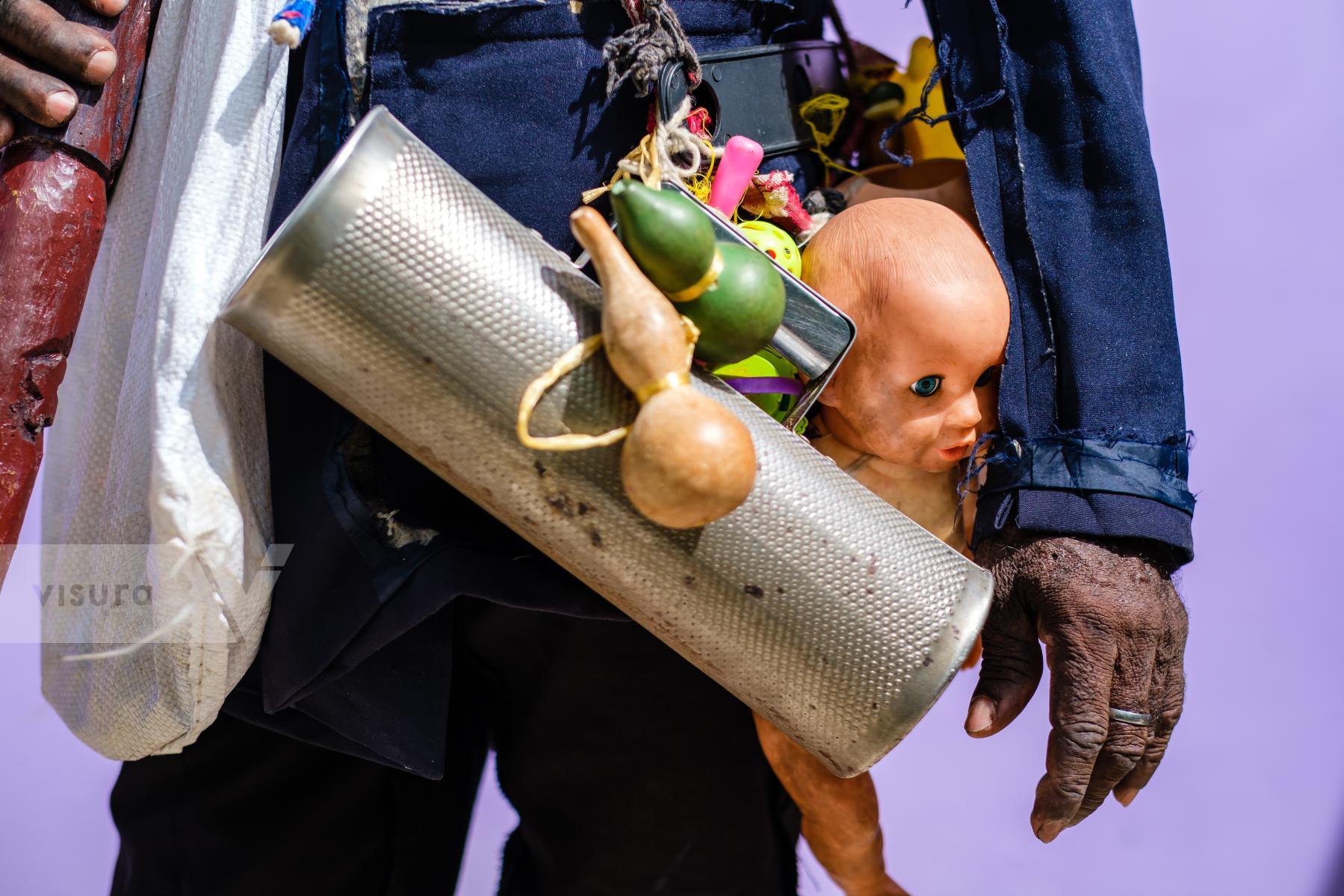
Aranda posing as Congo. Congo traditions in Panama celebrate the resistance enslaved Africans during the Spanish colonial period who escaped to the hills and rain forests of the Americas to establish independent communities. They were free Blacks, free “Congos.” Origin narratives surrounding the name “Congo” suggest that it originally functioned as a generic nomenclature used by Spanish colonists to refer to Africans and their descendants, from the Congo kingdoms of Central and Western Africa. Portobelo Bay, Panama. PEDRO SA DA BANDEIRA
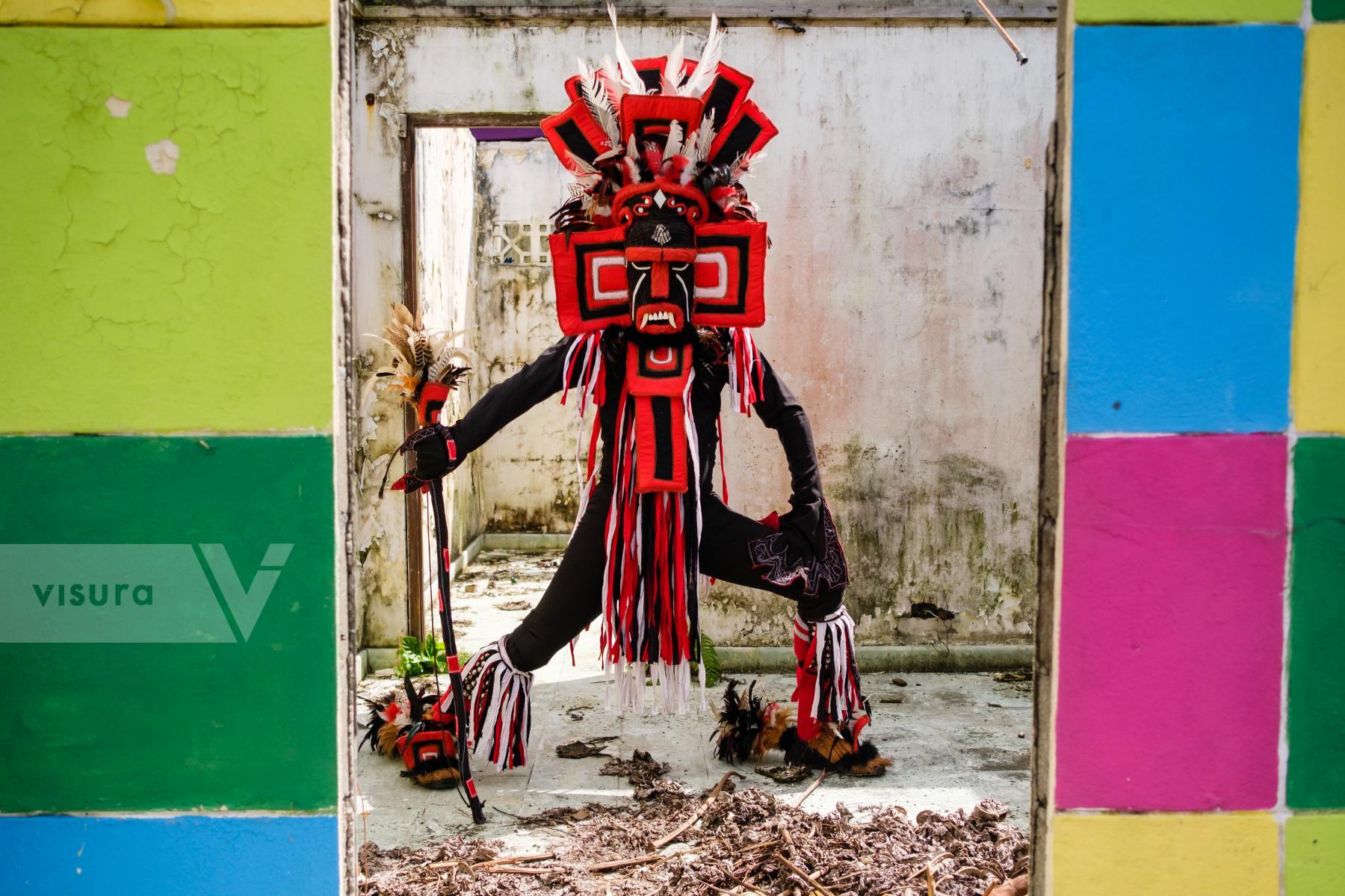
Congo traditions in Panama celebrate the resistance enslaved Africans during the Spanish colonial period who escaped to the hills and rain forests of the Americas to establish independent communities. They were free Blacks, free “Congos.” Origin narratives surrounding the name “Congo” suggest that it originally functioned as a generic nomenclature used by Spanish colonists to refer to Africans and their descendants, from the Congo kingdoms of Central and Western Africa. Portobelo Bay, Panama. PEDRO SA DA BANDEIRA
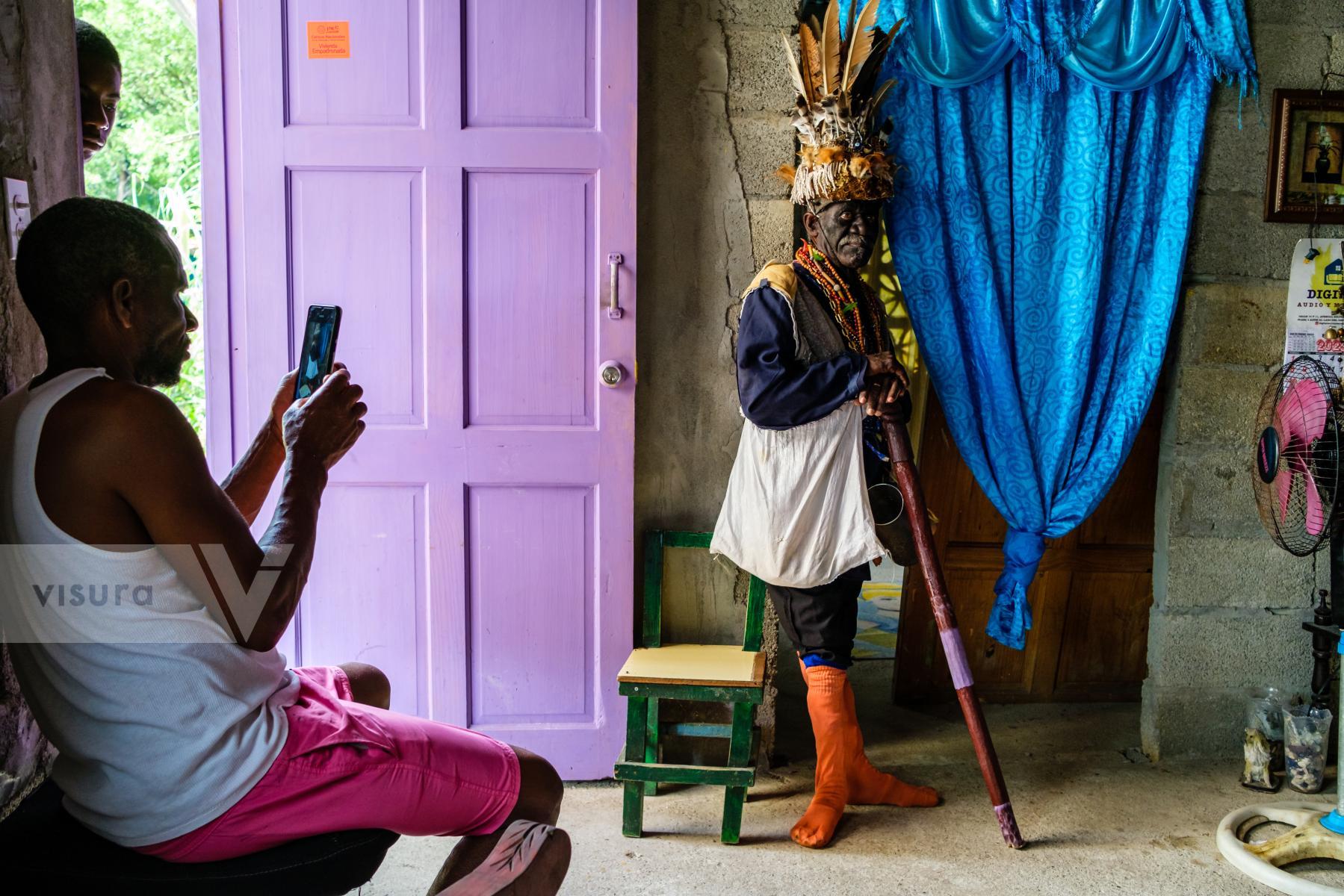
Aranda posing as Congo. Congo traditions in Panama celebrate the resistance enslaved Africans during the Spanish colonial period who escaped to the hills and rain forests of the Americas to establish independent communities. They were free Blacks, free “Congos.” Origin narratives surrounding the name “Congo” suggest that it originally functioned as a generic nomenclature used by Spanish colonists to refer to Africans and their descendants, from the Congo kingdoms of Central and Western Africa. Portobelo Bay, Panama. PEDRO SA DA BANDEIRA
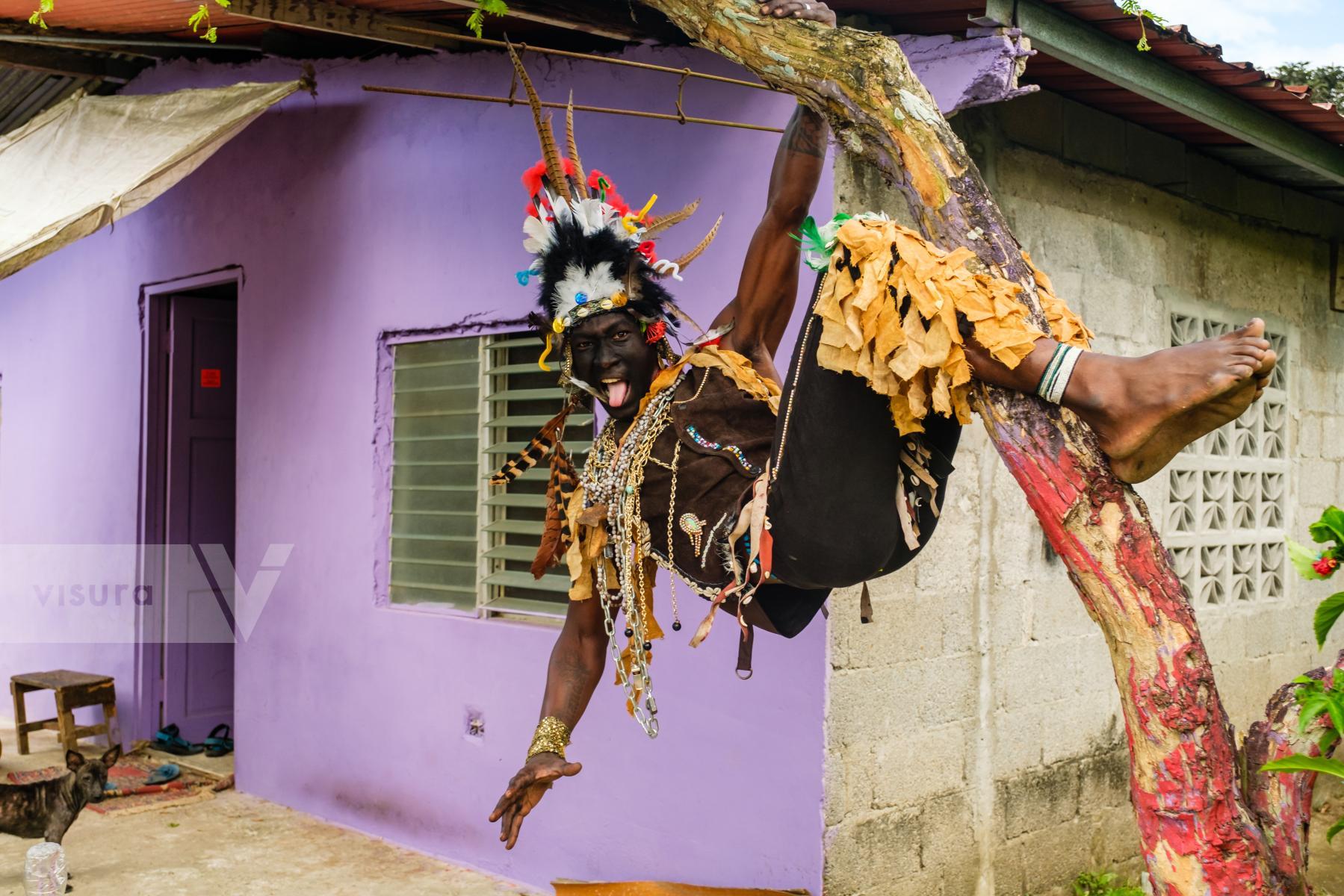
Nelson, dressing and posing as a Congo. Congo traditions in Panama celebrate the resistance enslaved Africans during the Spanish colonial period who escaped to the hills and rain forests of the Americas to establish independent communities. They were free Blacks, free “Congos.” Origin narratives surrounding the name “Congo” suggest that it originally functioned as a generic nomenclature used by Spanish colonists to refer to Africans and their descendants, from the Congo kingdoms of Central and Western Africa. PEDRO SA DA BANDEIRA
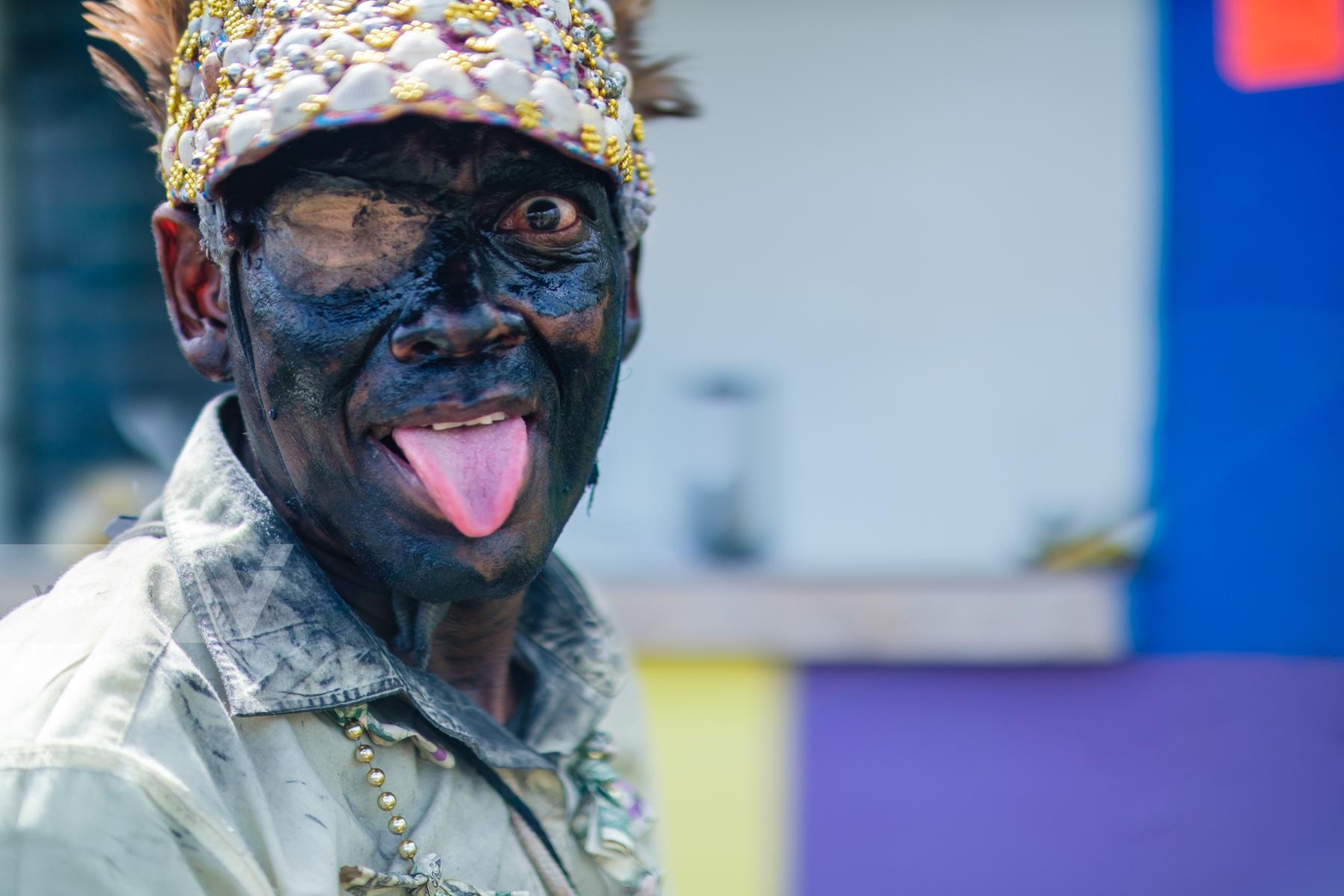
Congo traditions in Panama celebrate the resistance enslaved Africans during the Spanish colonial period who escaped to the hills and rain forests of the Americas to establish independent communities. They were free Blacks, free “Congos.” Origin narratives surrounding the name “Congo” suggest that it originally functioned as a generic nomenclature used by Spanish colonists to refer to Africans and their descendants, from the Congo kingdoms of Central and Western Africa. Portobelo Bay, Panama. PEDRO SA DA BANDEIRA
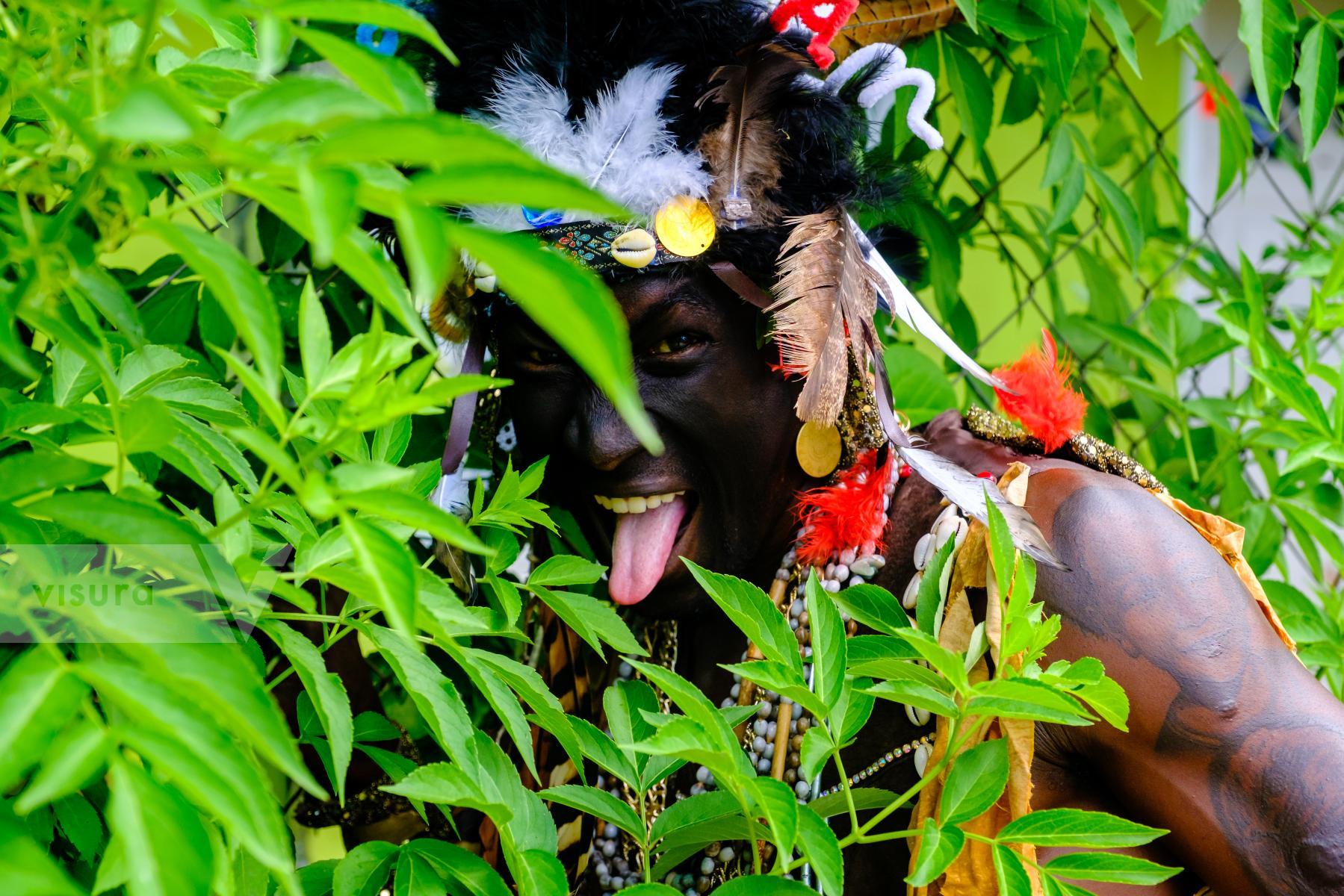
Nelson, dressing and posing as a Congo. Congo traditions in Panama celebrate the resistance enslaved Africans during the Spanish colonial period who escaped to the hills and rain forests of the Americas to establish independent communities. They were free Blacks, free “Congos.” Origin narratives surrounding the name “Congo” suggest that it originally functioned as a generic nomenclature used by Spanish colonists to refer to Africans and their descendants, from the Congo kingdoms of Central and Western Africa. PEDRO SA DA BANDEIRA
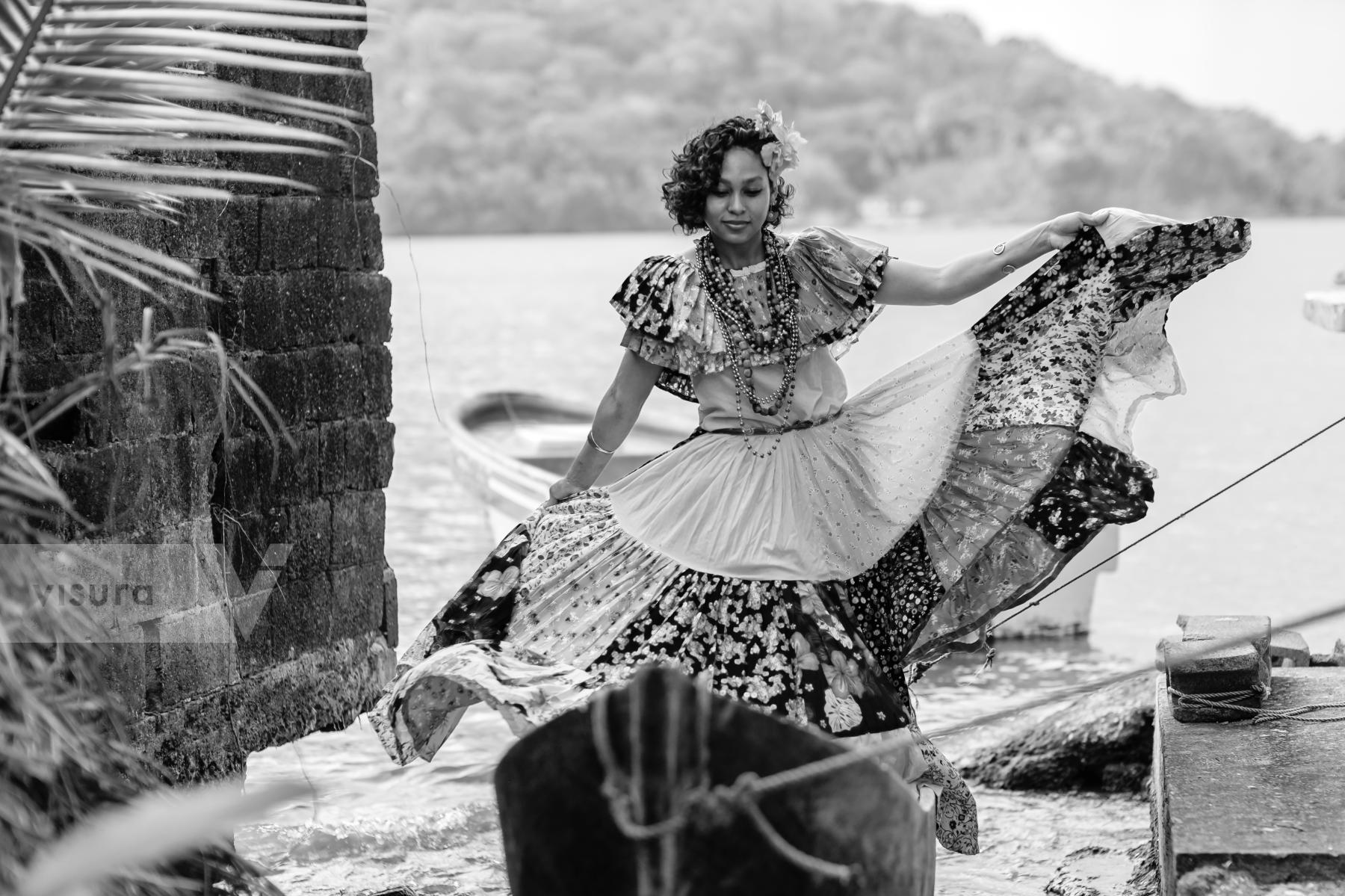
Tatiana posing with her Pollera Congo. Congo traditions in Panama celebrate the resistance enslaved Africans during the Spanish colonial period who escaped to the hills and rain forests of the Americas to establish independent communities. They were free Blacks, free “Congos.” Origin narratives surrounding the name “Congo” suggest that it originally functioned as a generic nomenclature used by Spanish colonists to refer to Africans and their descendants, from the Congo kingdoms of Central and Western Africa. PEDRO SA DA BANDEIRA
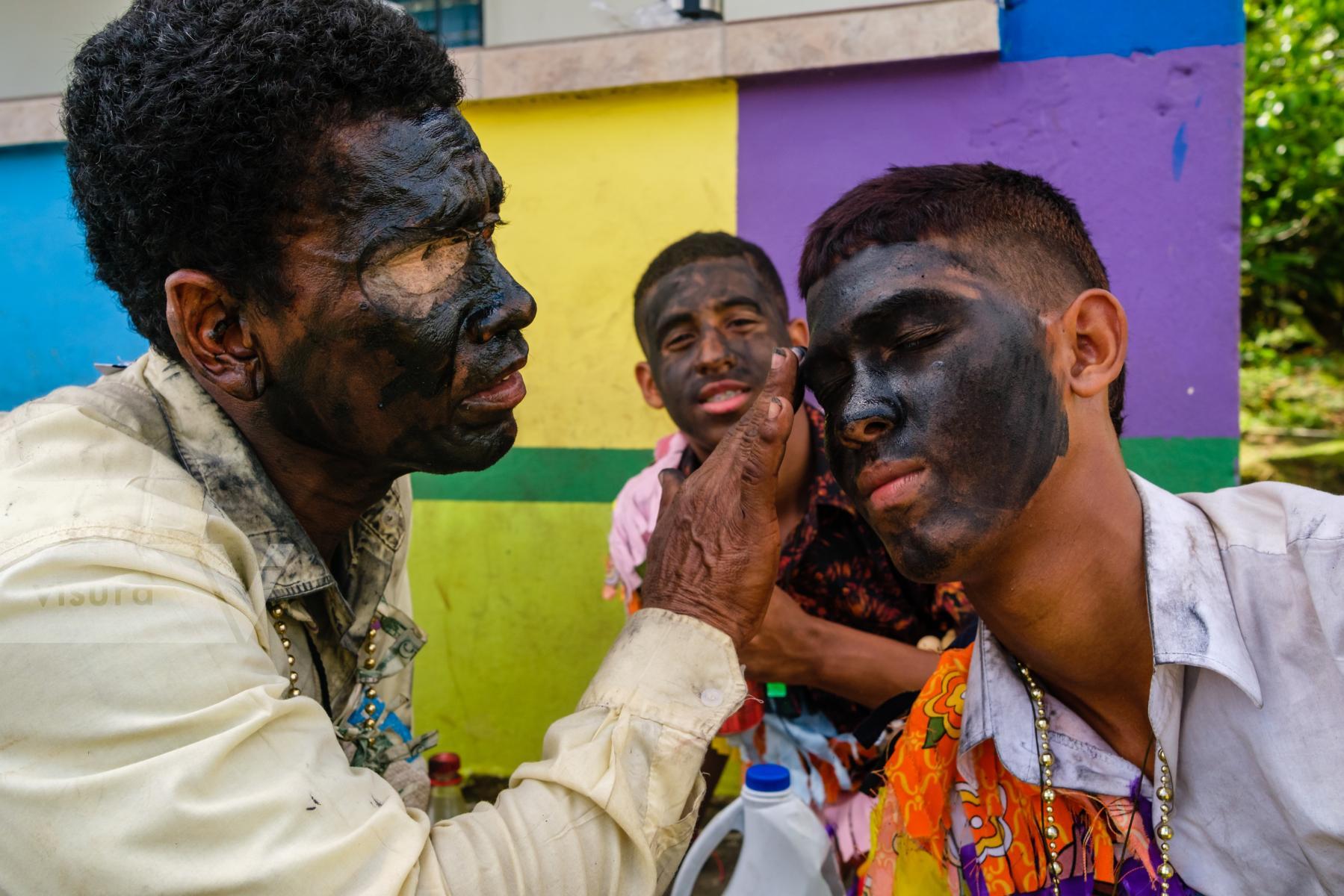
Congo traditions in Panama celebrate the resistance enslaved Africans during the Spanish colonial period who escaped to the hills and rain forests of the Americas to establish independent communities. They were free Blacks, free “Congos.” Origin narratives surrounding the name “Congo” suggest that it originally functioned as a generic nomenclature used by Spanish colonists to refer to Africans and their descendants, from the Congo kingdoms of Central and Western Africa. Portobelo Bay, Panama. PEDRO SA DA BANDEIRA
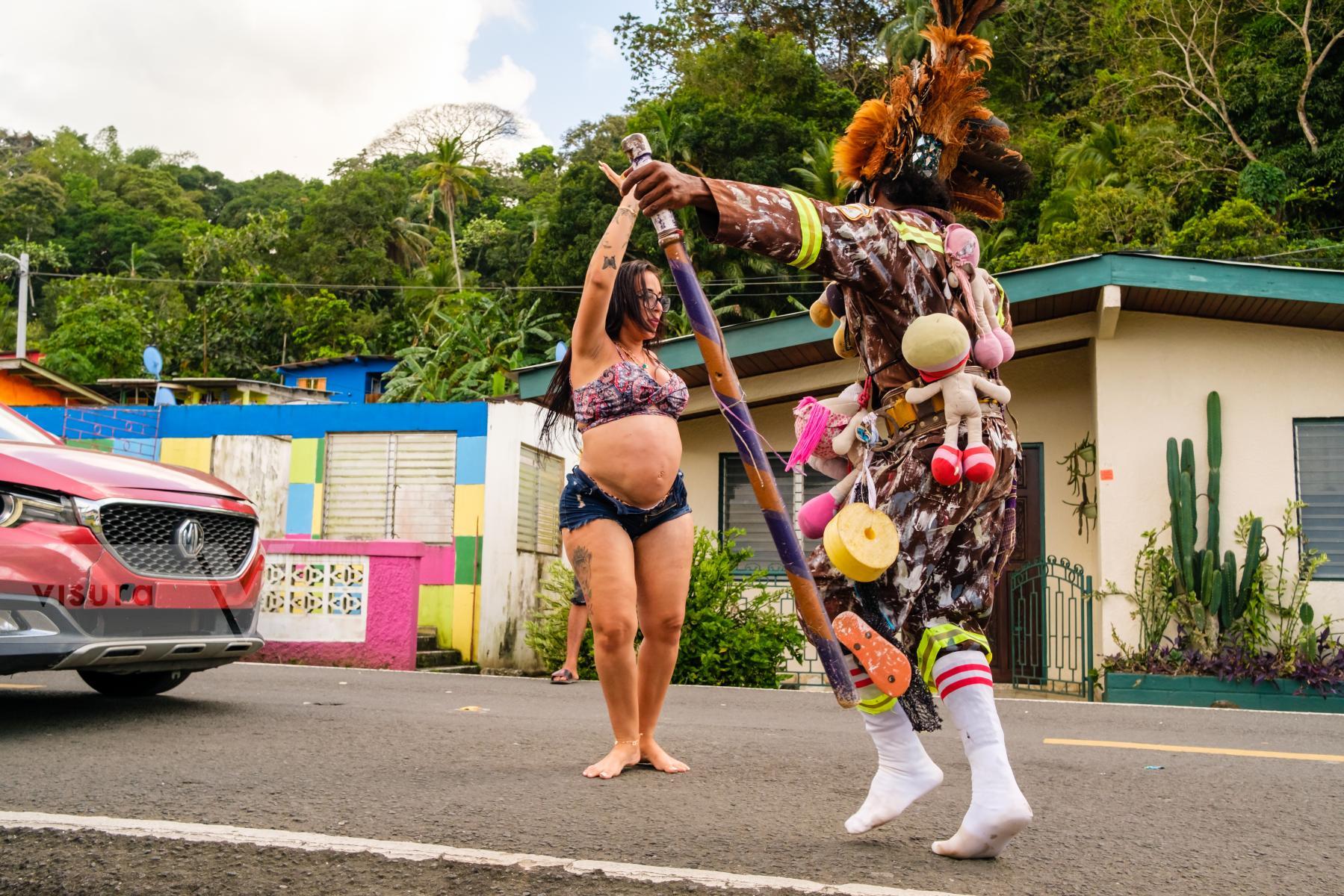
Congo traditions in Panama celebrate the resistance enslaved Africans during the Spanish colonial period who escaped to the hills and rain forests of the Americas to establish independent communities. They were free Blacks, free “Congos.” Origin narratives surrounding the name “Congo” suggest that it originally functioned as a generic nomenclature used by Spanish colonists to refer to Africans and their descendants, from the Congo kingdoms of Central and Western Africa. Portobelo Bay, Panama. PEDRO SA DA BANDEIRA
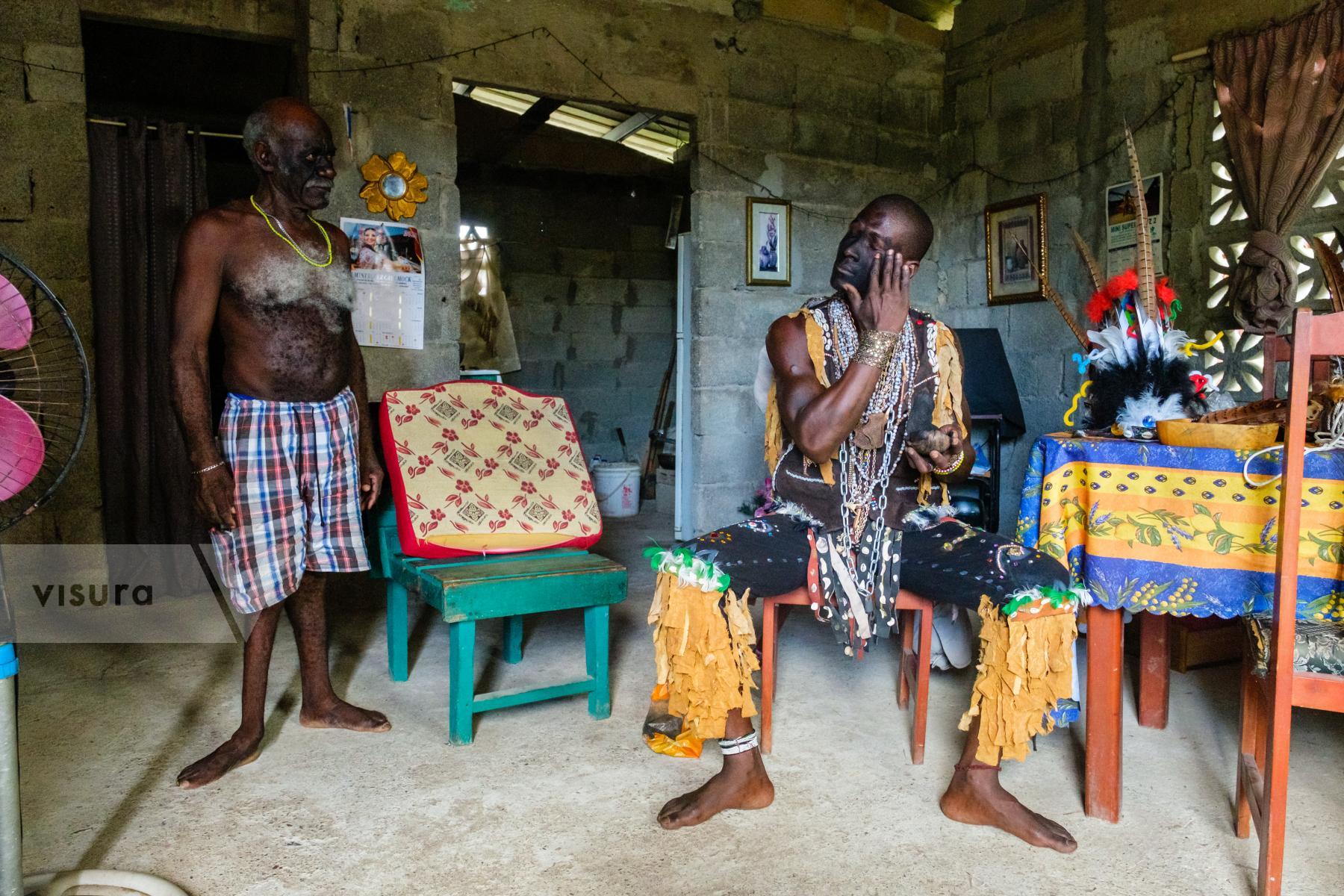
Nelson, dressing and posing as a Congo. Congo traditions in Panama celebrate the resistance enslaved Africans during the Spanish colonial period who escaped to the hills and rain forests of the Americas to establish independent communities. They were free Blacks, free “Congos.” Origin narratives surrounding the name “Congo” suggest that it originally functioned as a generic nomenclature used by Spanish colonists to refer to Africans and their descendants, from the Congo kingdoms of Central and Western Africa. PEDRO SA DA BANDEIRA
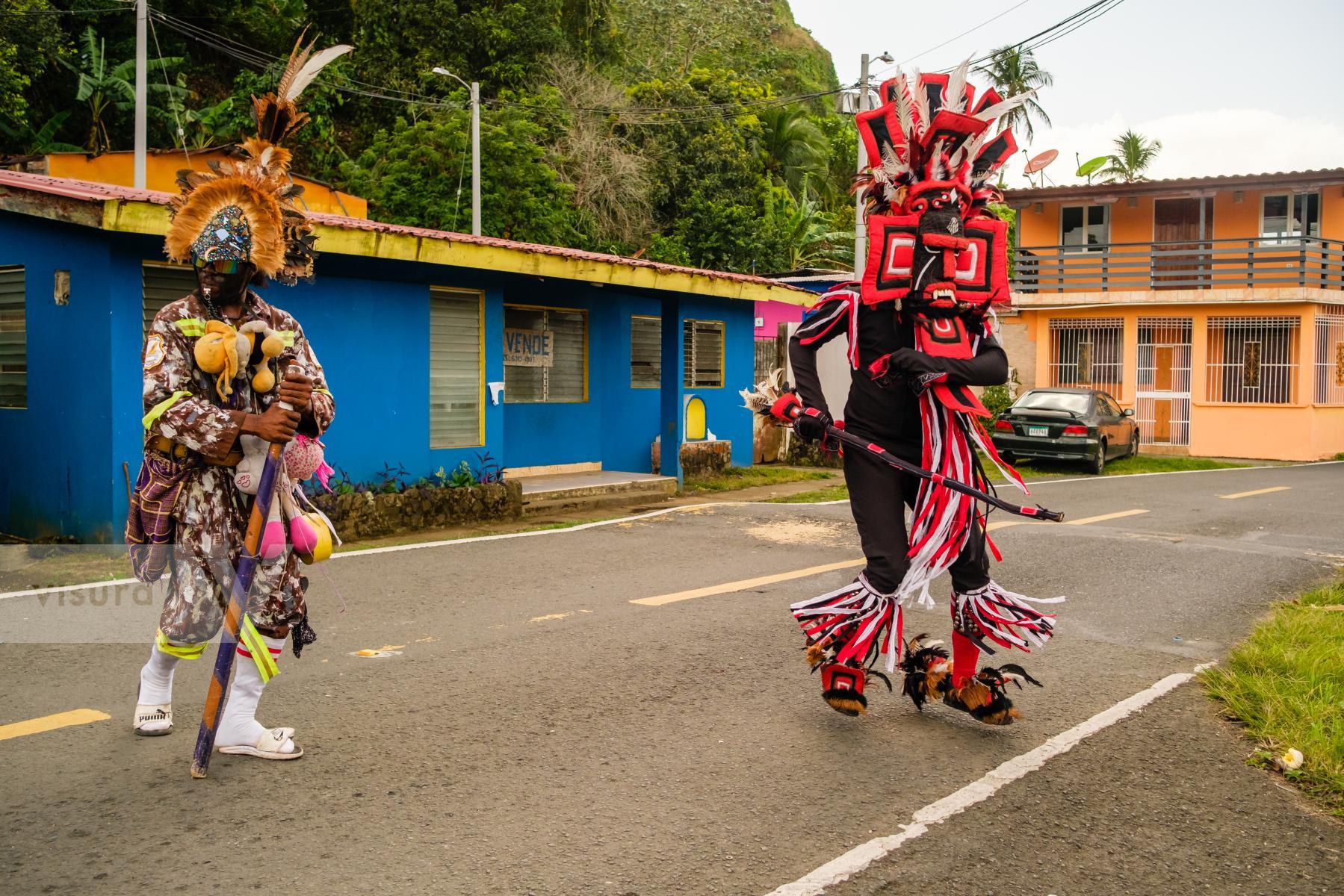
Congo traditions in Panama celebrate the resistance enslaved Africans during the Spanish colonial period who escaped to the hills and rain forests of the Americas to establish independent communities. They were free Blacks, free “Congos.” Origin narratives surrounding the name “Congo” suggest that it originally functioned as a generic nomenclature used by Spanish colonists to refer to Africans and their descendants, from the Congo kingdoms of Central and Western Africa. Portobelo Bay, Panama. PEDRO SA DA BANDEIRA
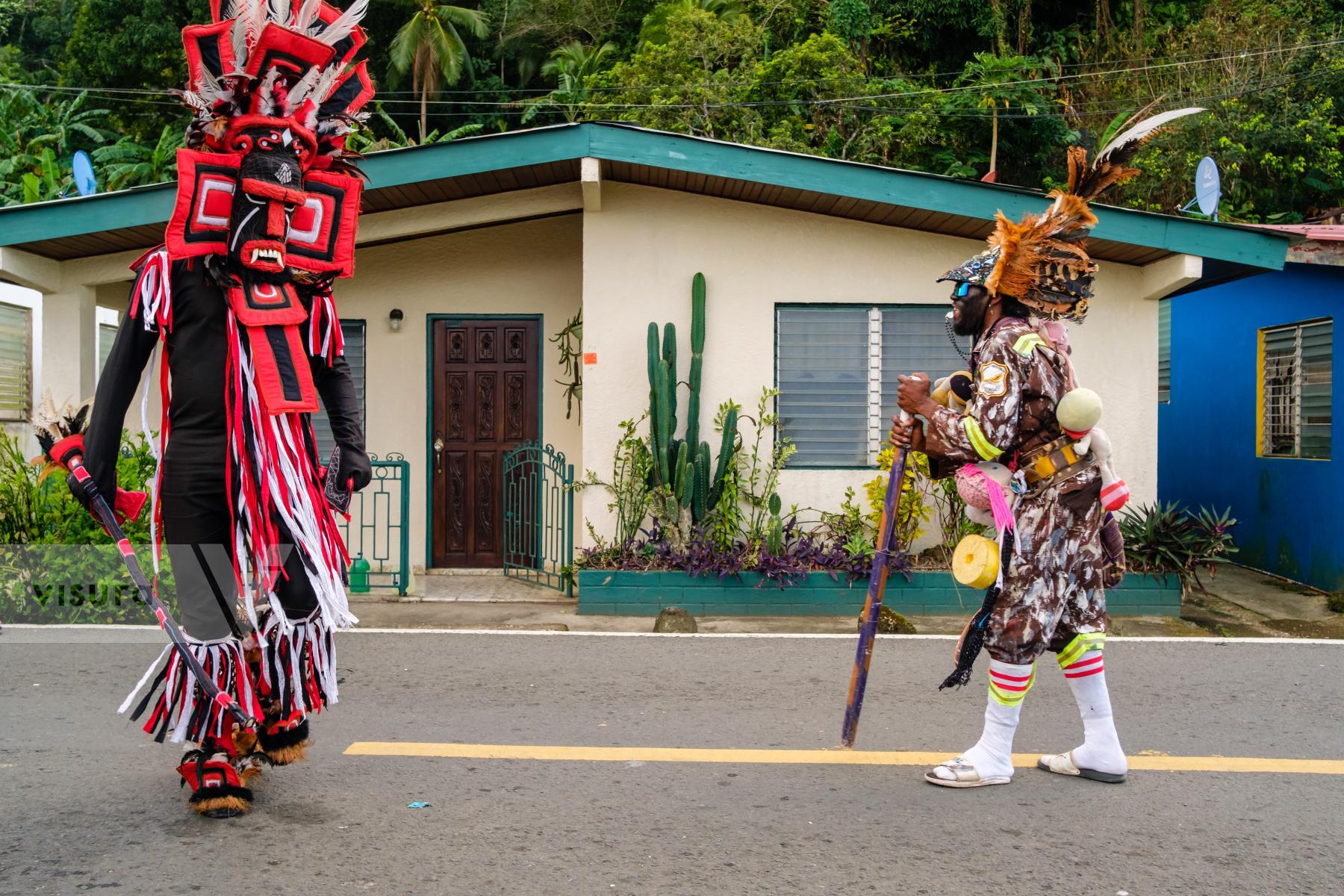
Congo traditions in Panama celebrate the resistance enslaved Africans during the Spanish colonial period who escaped to the hills and rain forests of the Americas to establish independent communities. They were free Blacks, free “Congos.” Origin narratives surrounding the name “Congo” suggest that it originally functioned as a generic nomenclature used by Spanish colonists to refer to Africans and their descendants, from the Congo kingdoms of Central and Western Africa. Portobelo Bay, Panama. PEDRO SA DA BANDEIRA
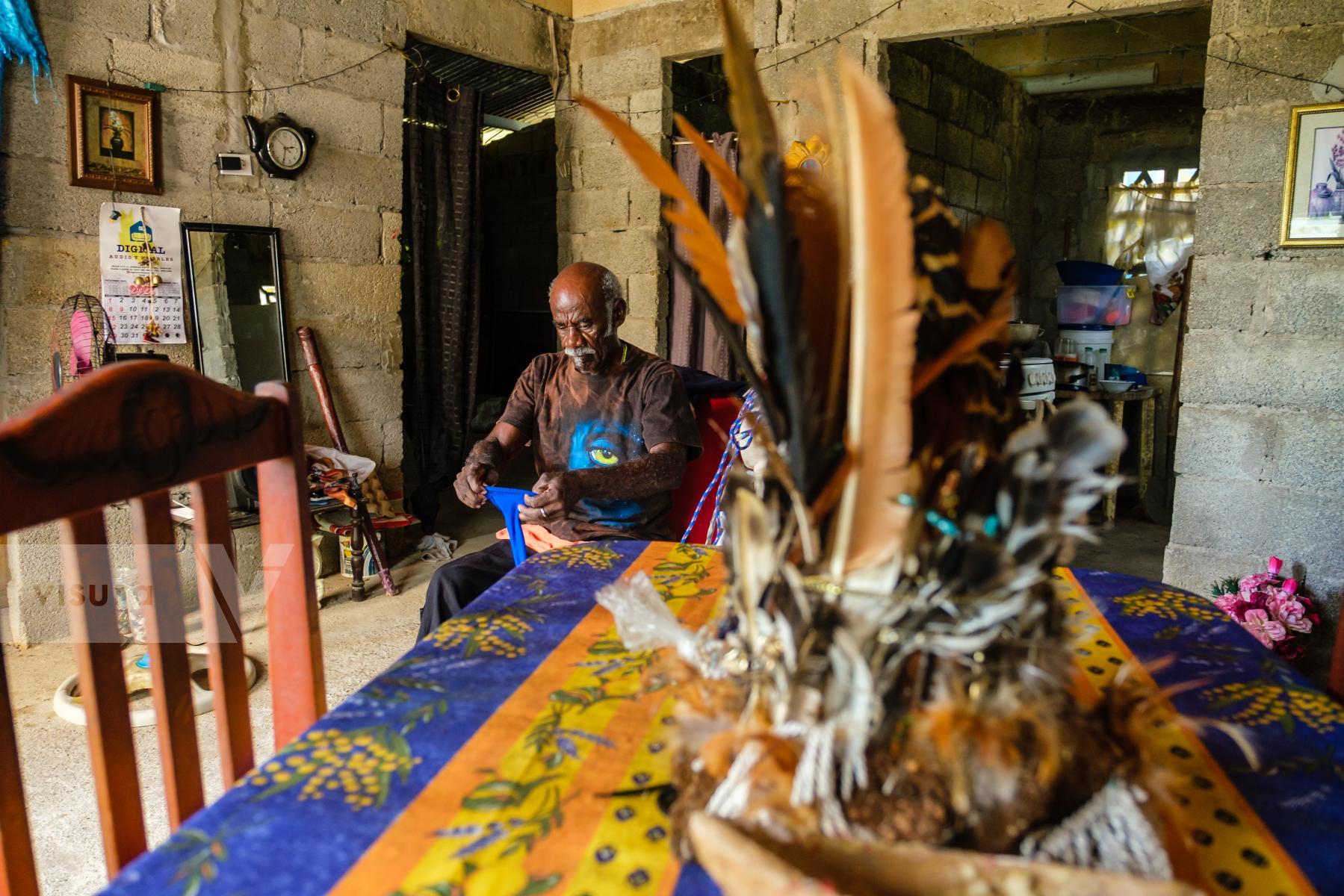
Aranda posing as Congo. Congo traditions in Panama celebrate the resistance enslaved Africans during the Spanish colonial period who escaped to the hills and rain forests of the Americas to establish independent communities. They were free Blacks, free “Congos.” Origin narratives surrounding the name “Congo” suggest that it originally functioned as a generic nomenclature used by Spanish colonists to refer to Africans and their descendants, from the Congo kingdoms of Central and Western Africa. Portobelo Bay, Panama. PEDRO SA DA BANDEIRA
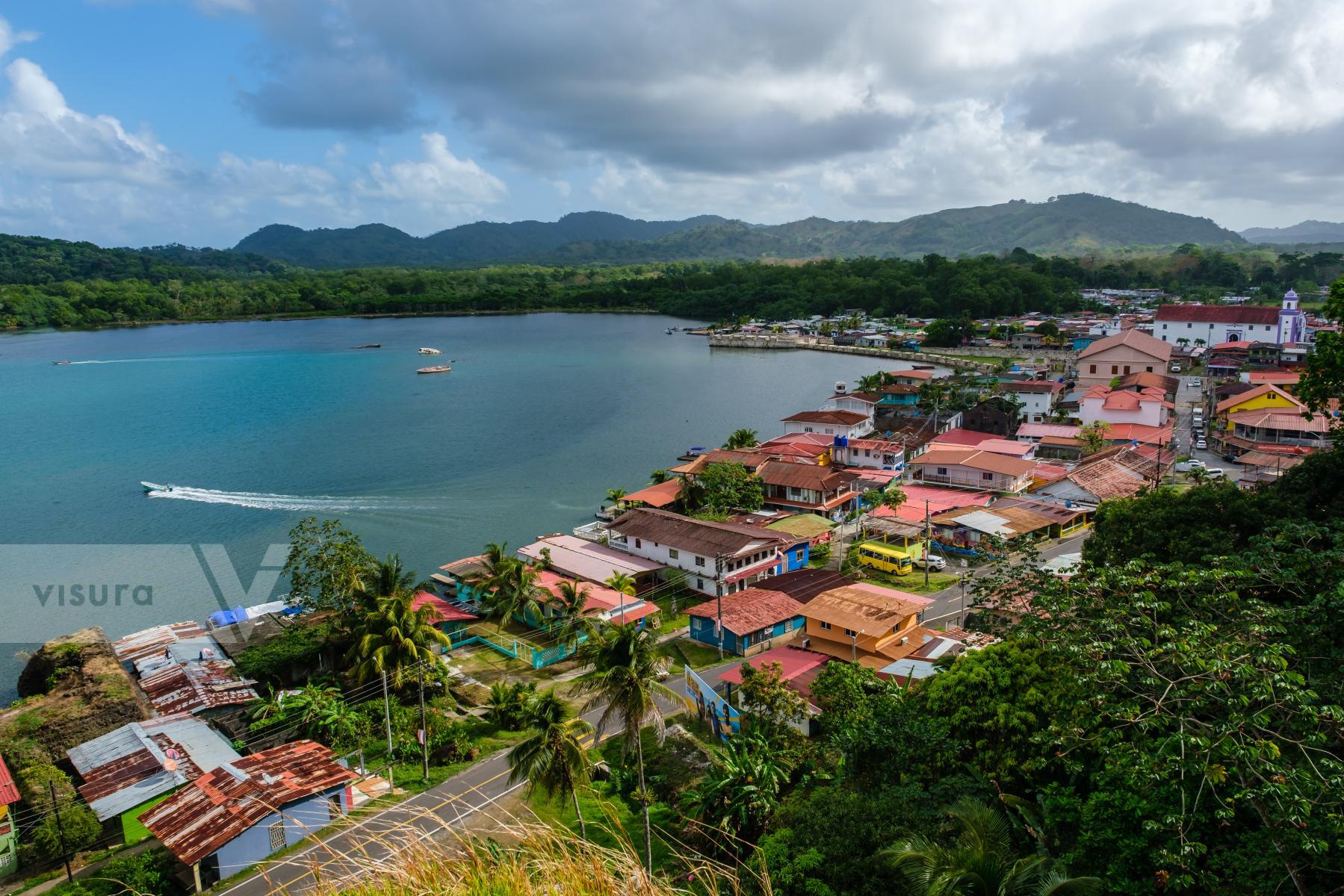
Baia de Portobelo, Caribean/atlantic coast, Panama. PEDRO SA DA BANDEIRA
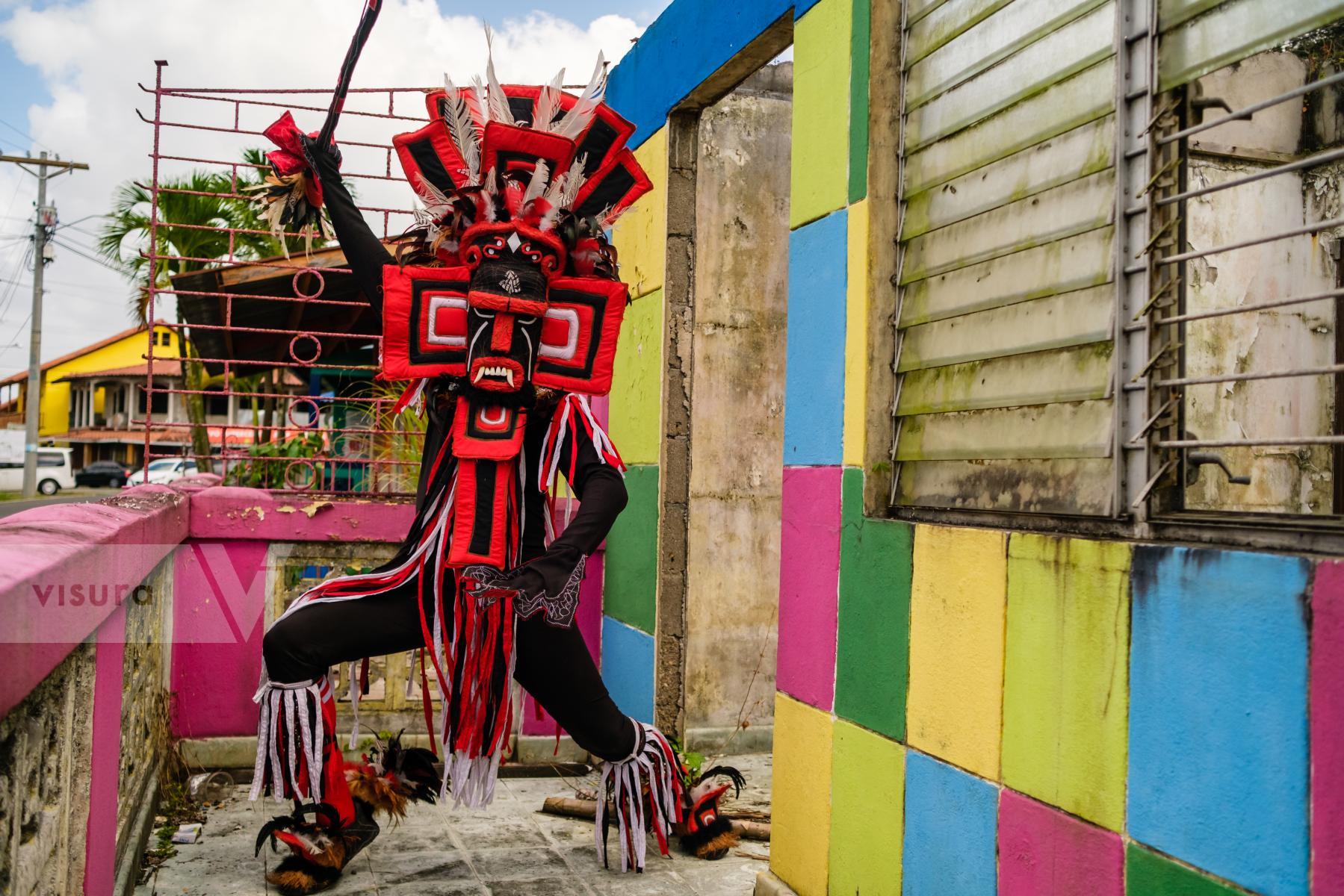
Congo traditions in Panama celebrate the resistance enslaved Africans during the Spanish colonial period who escaped to the hills and rain forests of the Americas to establish independent communities. They were free Blacks, free “Congos.” Origin narratives surrounding the name “Congo” suggest that it originally functioned as a generic nomenclature used by Spanish colonists to refer to Africans and their descendants, from the Congo kingdoms of Central and Western Africa. Portobelo Bay, Panama. PEDRO SA DA BANDEIRA
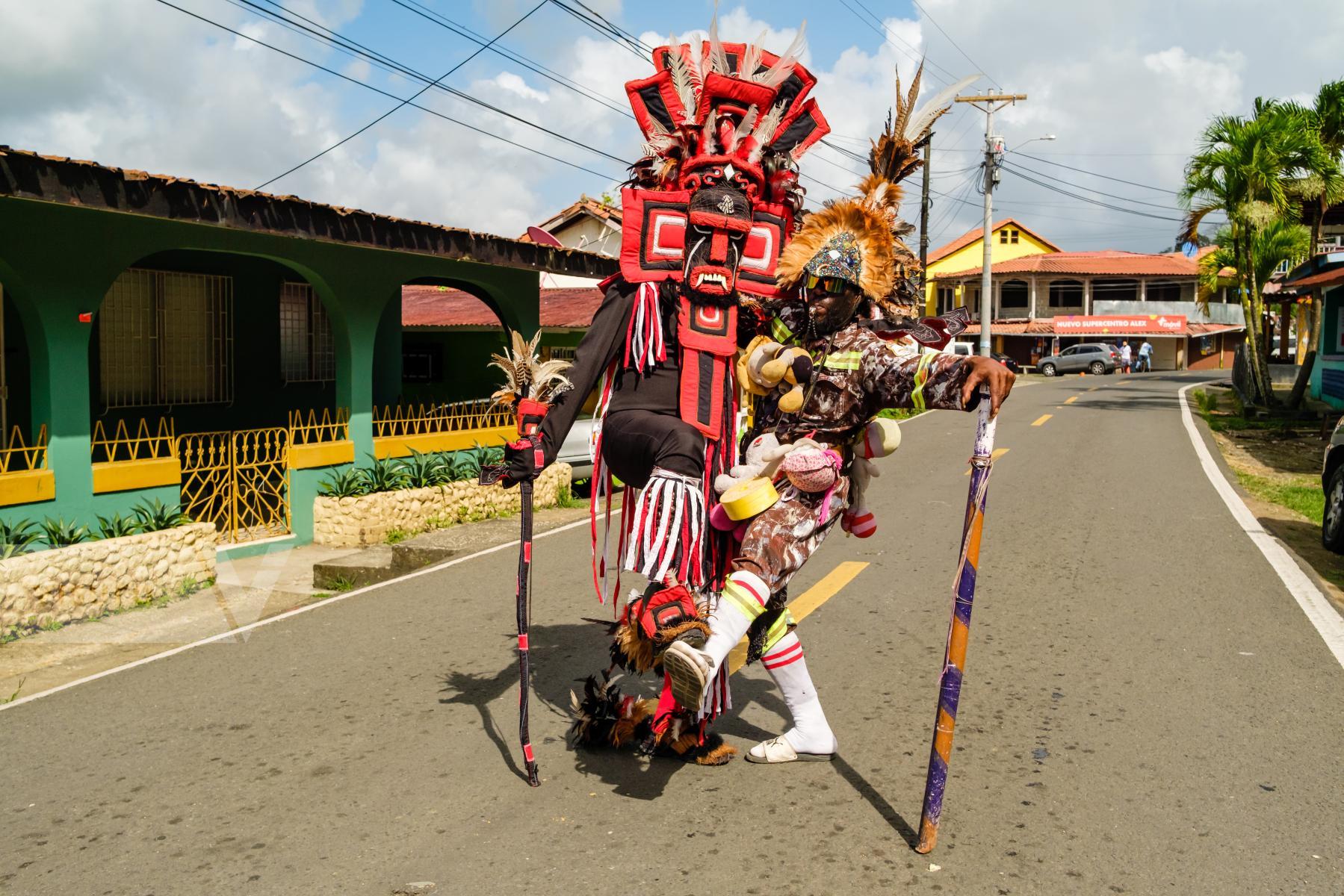
Congo traditions in Panama celebrate the resistance enslaved Africans during the Spanish colonial period who escaped to the hills and rain forests of the Americas to establish independent communities. They were free Blacks, free “Congos.” Origin narratives surrounding the name “Congo” suggest that it originally functioned as a generic nomenclature used by Spanish colonists to refer to Africans and their descendants, from the Congo kingdoms of Central and Western Africa. Portobelo Bay, Panama. PEDRO SA DA BANDEIRA
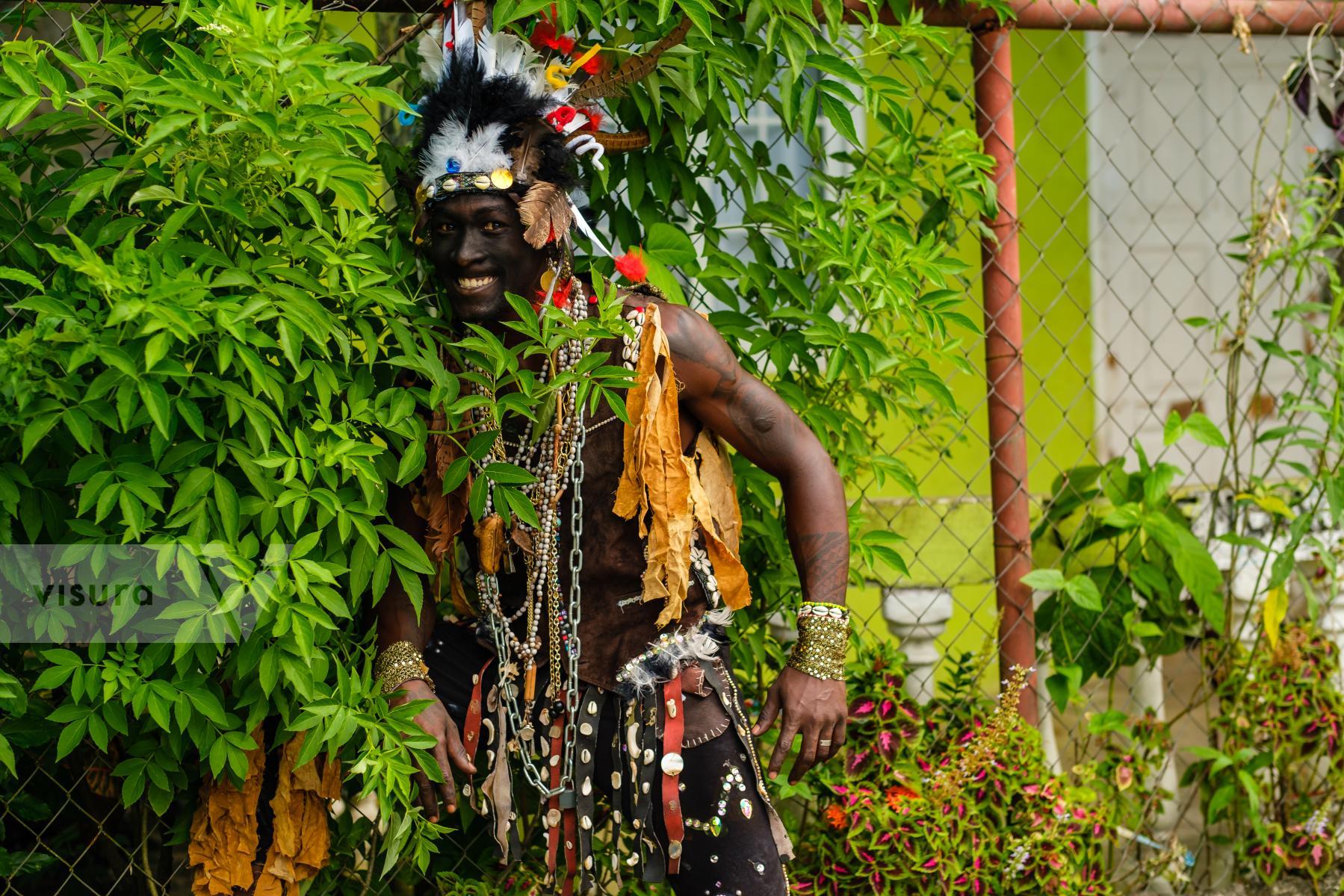
Nelson, dressing and posing as a Congo. Congo traditions in Panama celebrate the resistance enslaved Africans during the Spanish colonial period who escaped to the hills and rain forests of the Americas to establish independent communities. They were free Blacks, free “Congos.” Origin narratives surrounding the name “Congo” suggest that it originally functioned as a generic nomenclature used by Spanish colonists to refer to Africans and their descendants, from the Congo kingdoms of Central and Western Africa. PEDRO SA DA BANDEIRA
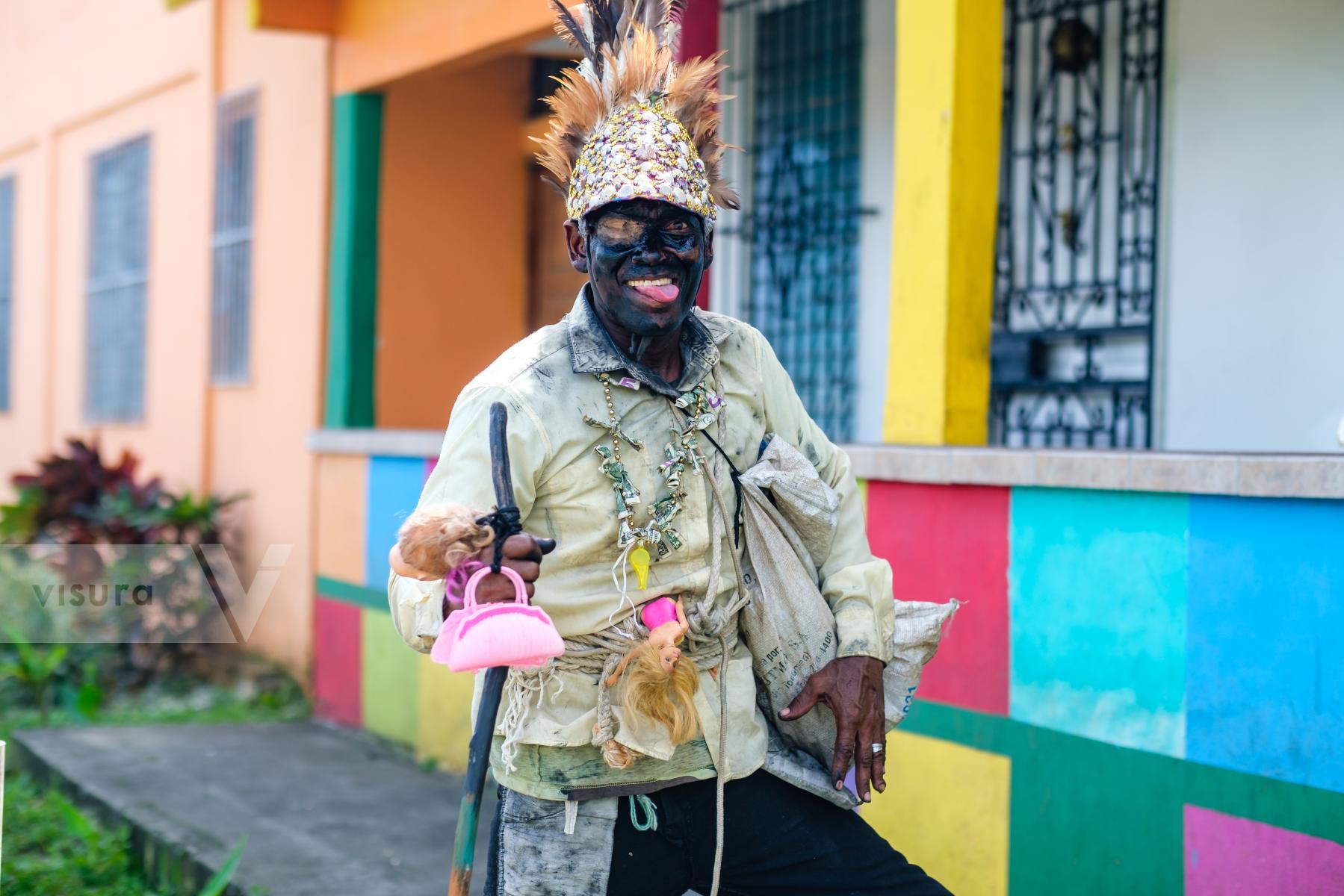
Congo traditions in Panama celebrate the resistance enslaved Africans during the Spanish colonial period who escaped to the hills and rain forests of the Americas to establish independent communities. They were free Blacks, free “Congos.” Origin narratives surrounding the name “Congo” suggest that it originally functioned as a generic nomenclature used by Spanish colonists to refer to Africans and their descendants, from the Congo kingdoms of Central and Western Africa. Portobelo Bay, Panama. PEDRO SA DA BANDEIRA
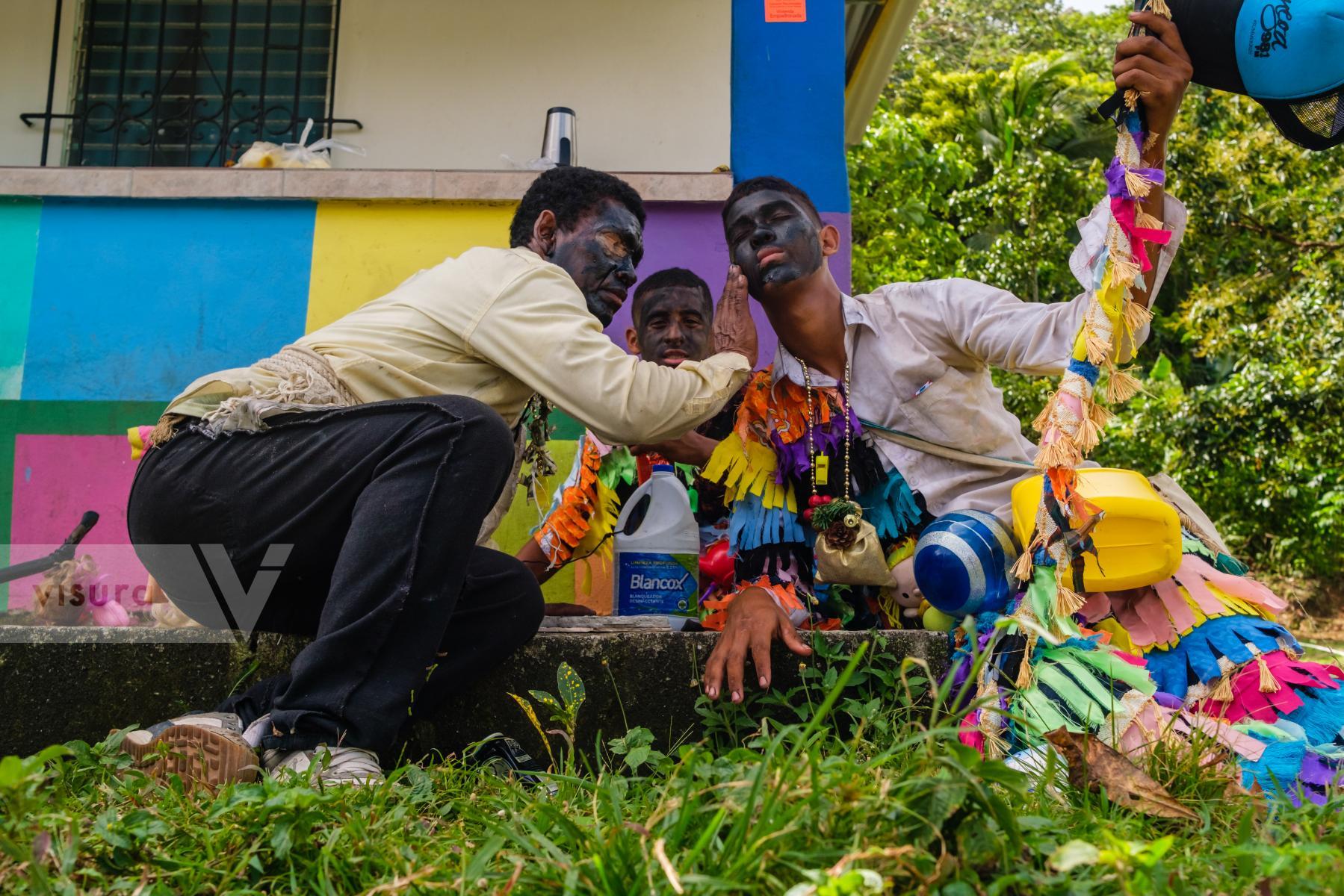
Congo traditions in Panama celebrate the resistance enslaved Africans during the Spanish colonial period who escaped to the hills and rain forests of the Americas to establish independent communities. They were free Blacks, free “Congos.” Origin narratives surrounding the name “Congo” suggest that it originally functioned as a generic nomenclature used by Spanish colonists to refer to Africans and their descendants, from the Congo kingdoms of Central and Western Africa. Portobelo Bay, Panama. PEDRO SA DA BANDEIRA
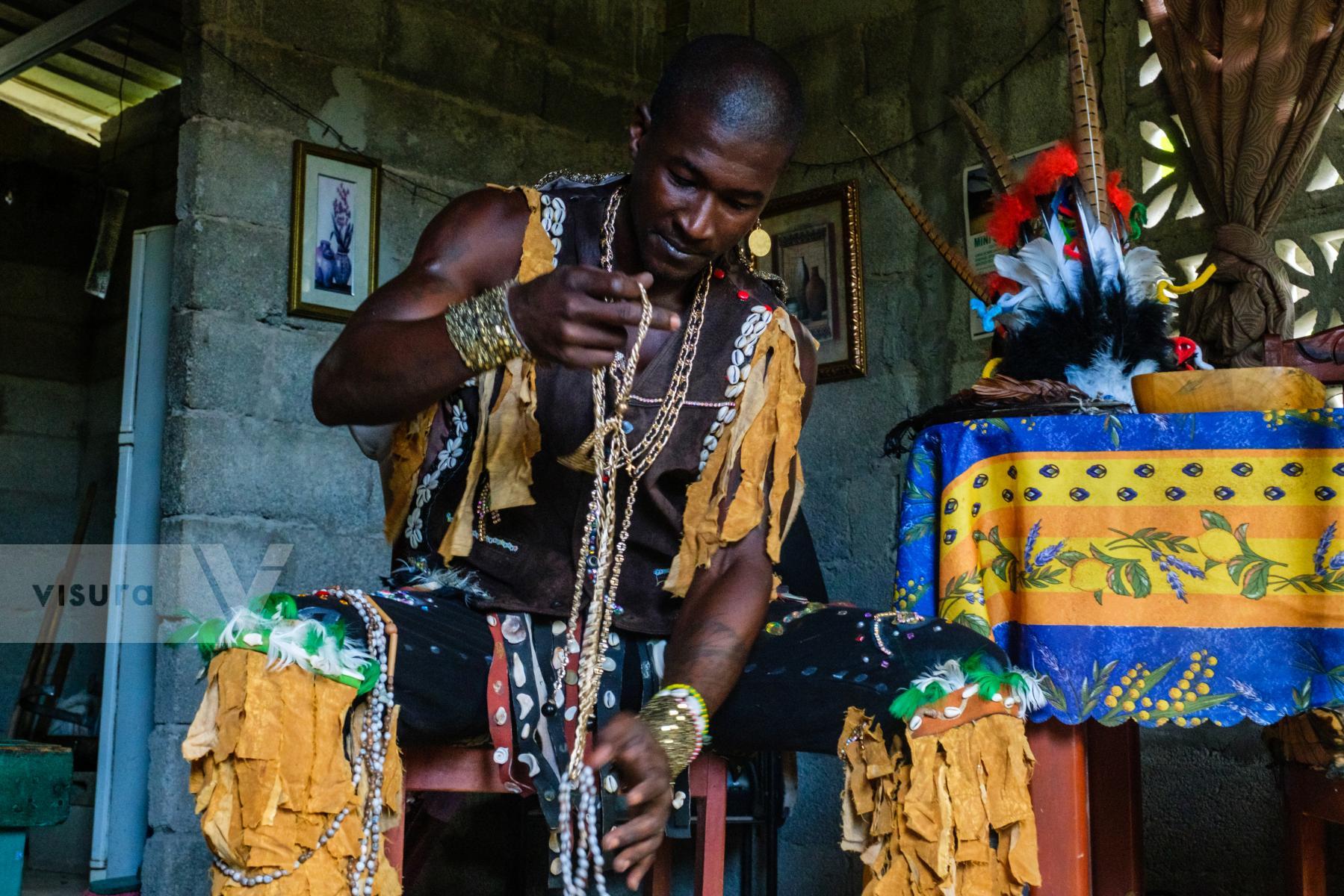
Nelson, dressing and posing as a Congo. Congo traditions in Panama celebrate the resistance enslaved Africans during the Spanish colonial period who escaped to the hills and rain forests of the Americas to establish independent communities. They were free Blacks, free “Congos.” Origin narratives surrounding the name “Congo” suggest that it originally functioned as a generic nomenclature used by Spanish colonists to refer to Africans and their descendants, from the Congo kingdoms of Central and Western Africa. PEDRO SA DA BANDEIRA
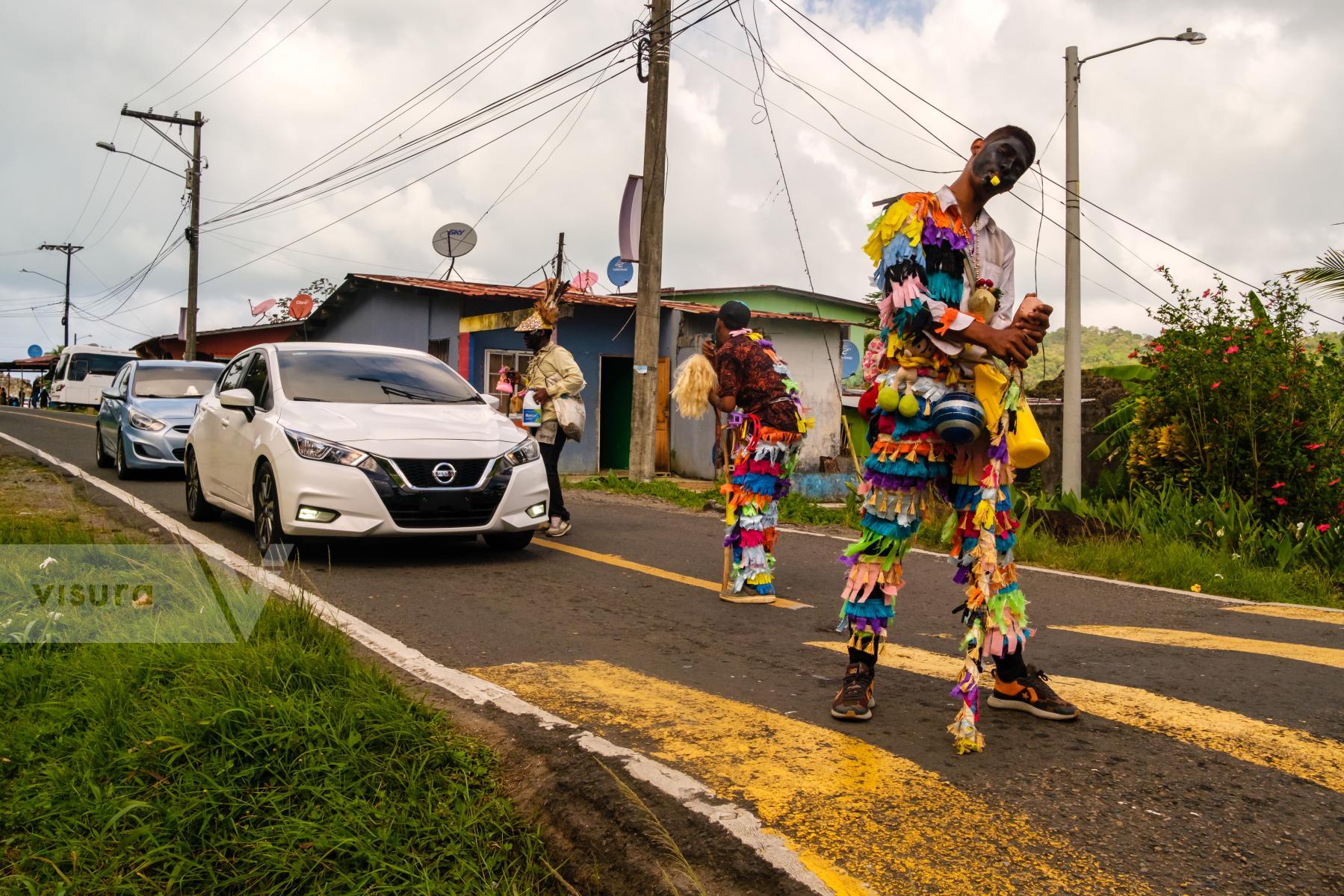
Congo traditions in Panama celebrate the resistance enslaved Africans during the Spanish colonial period who escaped to the hills and rain forests of the Americas to establish independent communities. They were free Blacks, free “Congos.” Origin narratives surrounding the name “Congo” suggest that it originally functioned as a generic nomenclature used by Spanish colonists to refer to Africans and their descendants, from the Congo kingdoms of Central and Western Africa. Portobelo Bay, Panama. PEDRO SA DA BANDEIRA
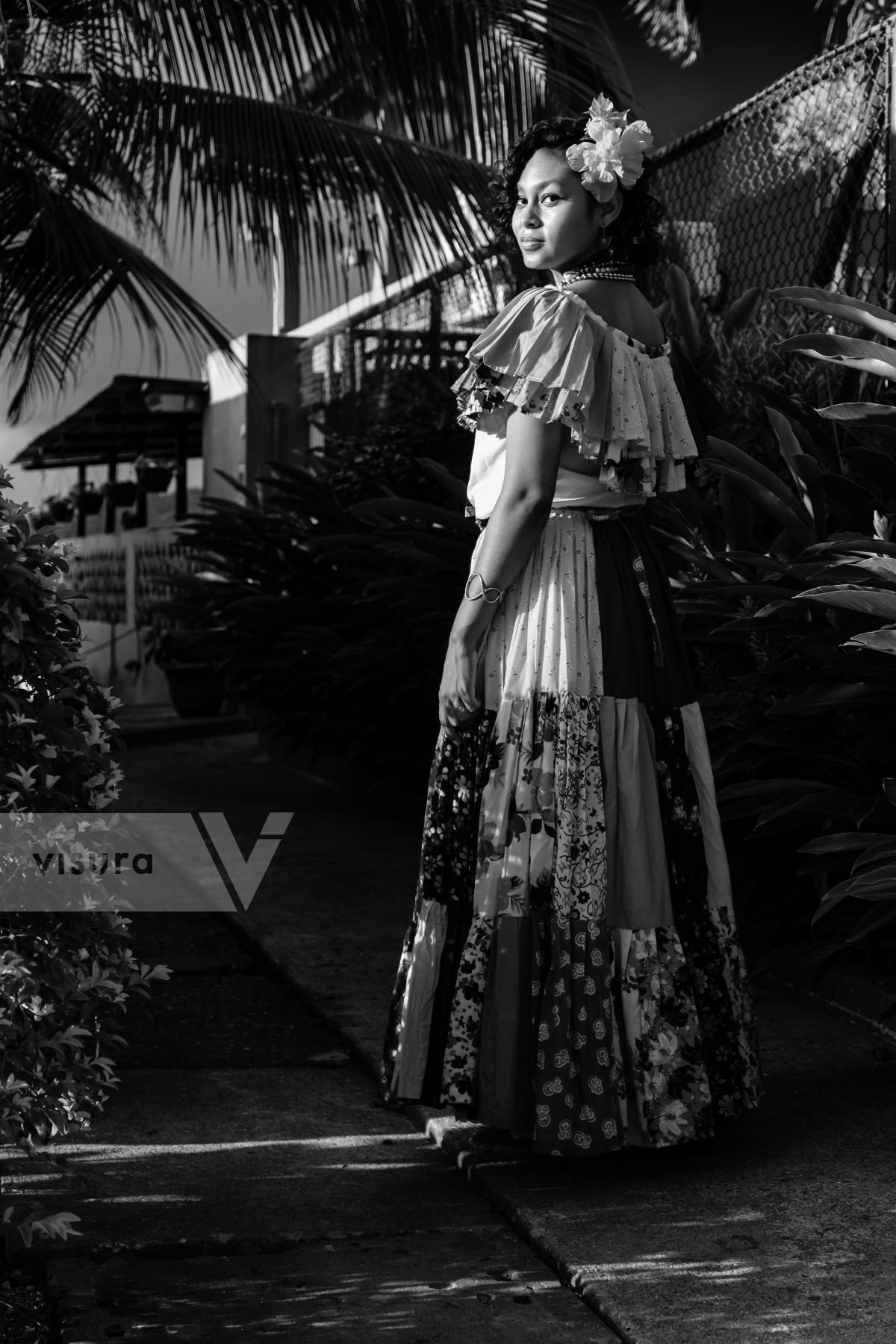
Tatiana posing with her Pollera Congo. Congo traditions in Panama celebrate the resistance enslaved Africans during the Spanish colonial period who escaped to the hills and rain forests of the Americas to establish independent communities. They were free Blacks, free “Congos.” Origin narratives surrounding the name “Congo” suggest that it originally functioned as a generic nomenclature used by Spanish colonists to refer to Africans and their descendants, from the Congo kingdoms of Central and Western Africa. Portobelo Bay, Panama. PEDRO SA DA BANDEIRA
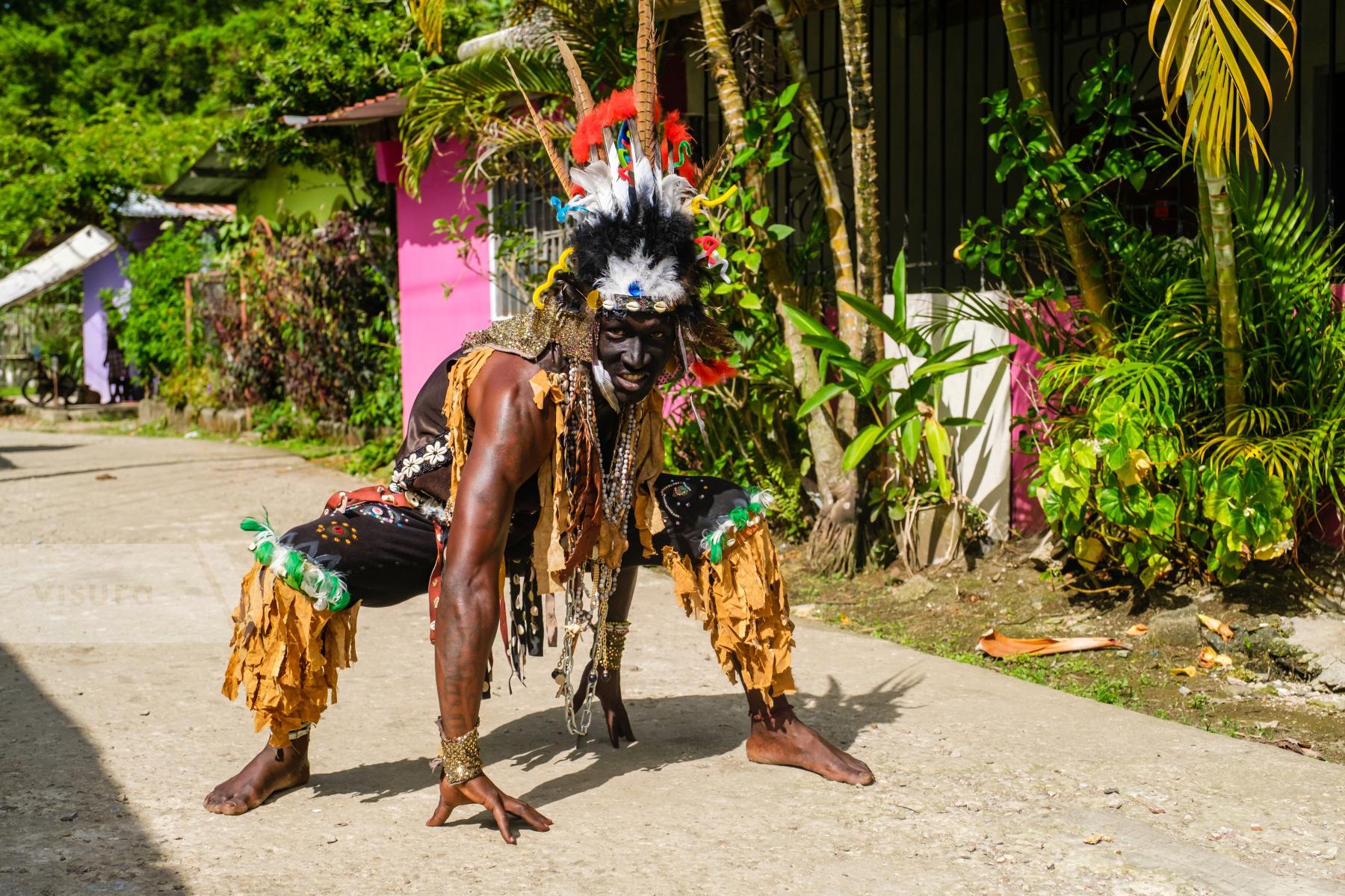
Nelson, dressing and posing as a Congo. Congo traditions in Panama celebrate the resistance enslaved Africans during the Spanish colonial period who escaped to the hills and rain forests of the Americas to establish independent communities. They were free Blacks, free “Congos.” Origin narratives surrounding the name “Congo” suggest that it originally functioned as a generic nomenclature used by Spanish colonists to refer to Africans and their descendants, from the Congo kingdoms of Central and Western Africa. PEDRO SA DA BANDEIRA
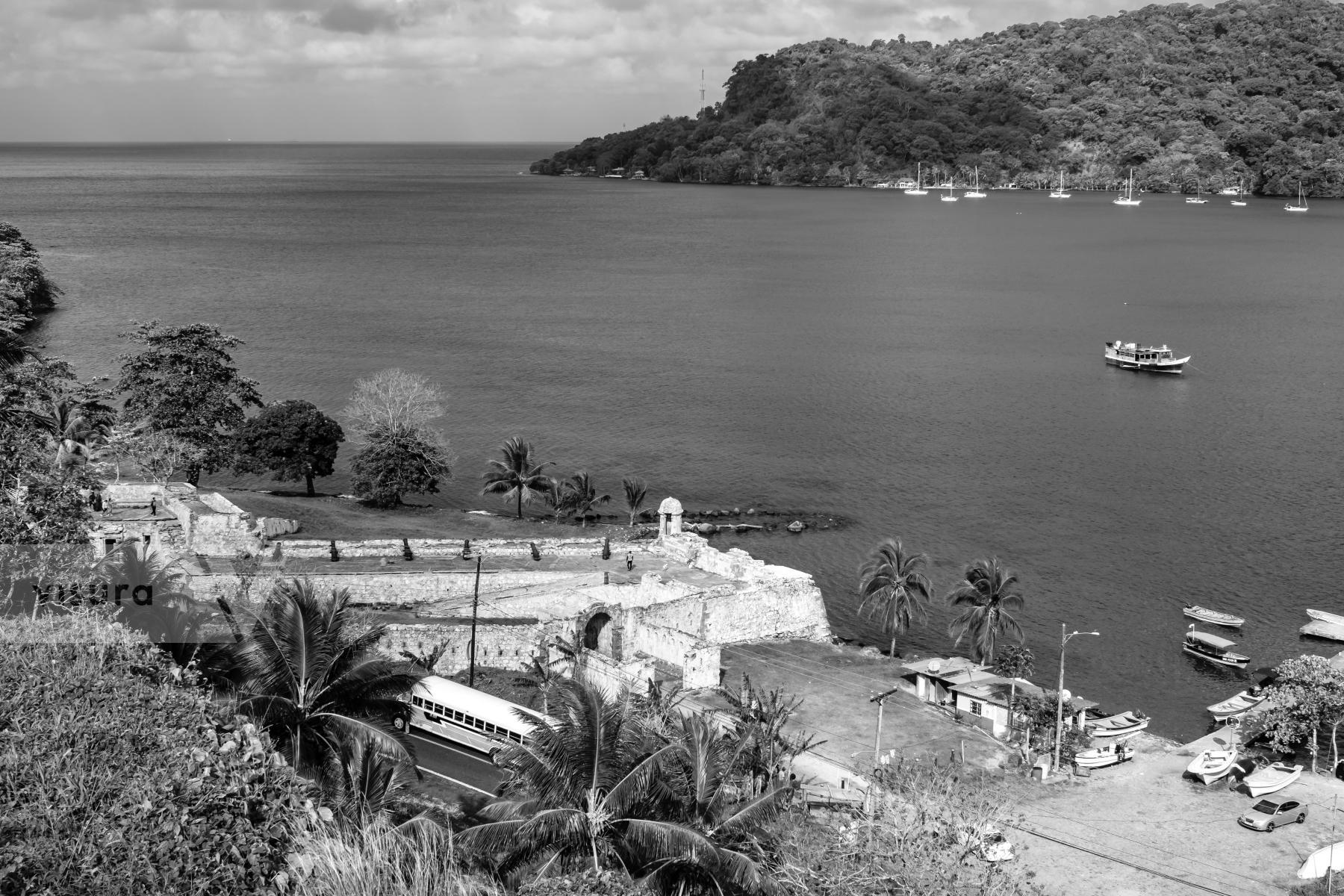
Baia de Portobelo, Caribean/atlantic coast, Panama. PEDRO SA DA BANDEIRA
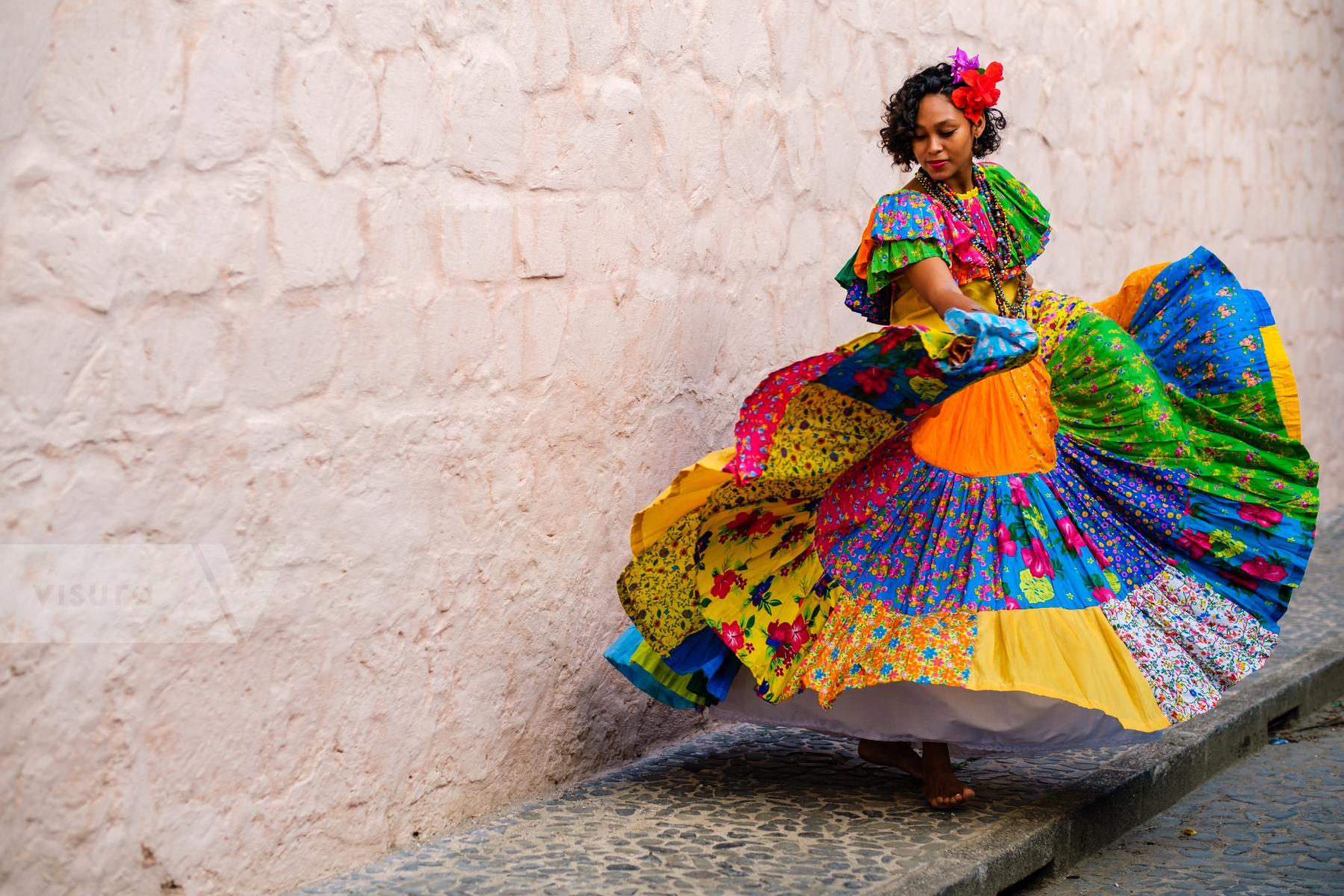
Tatiana posing with her Pollera Congo. Congo traditions in Panama celebrate the resistance enslaved Africans during the Spanish colonial period who escaped to the hills and rain forests of the Americas to establish independent communities. They were free Blacks, free “Congos.” Origin narratives surrounding the name “Congo” suggest that it originally functioned as a generic nomenclature used by Spanish colonists to refer to Africans and their descendants, from the Congo kingdoms of Central and Western Africa. PEDRO SA DA BANDEIRA
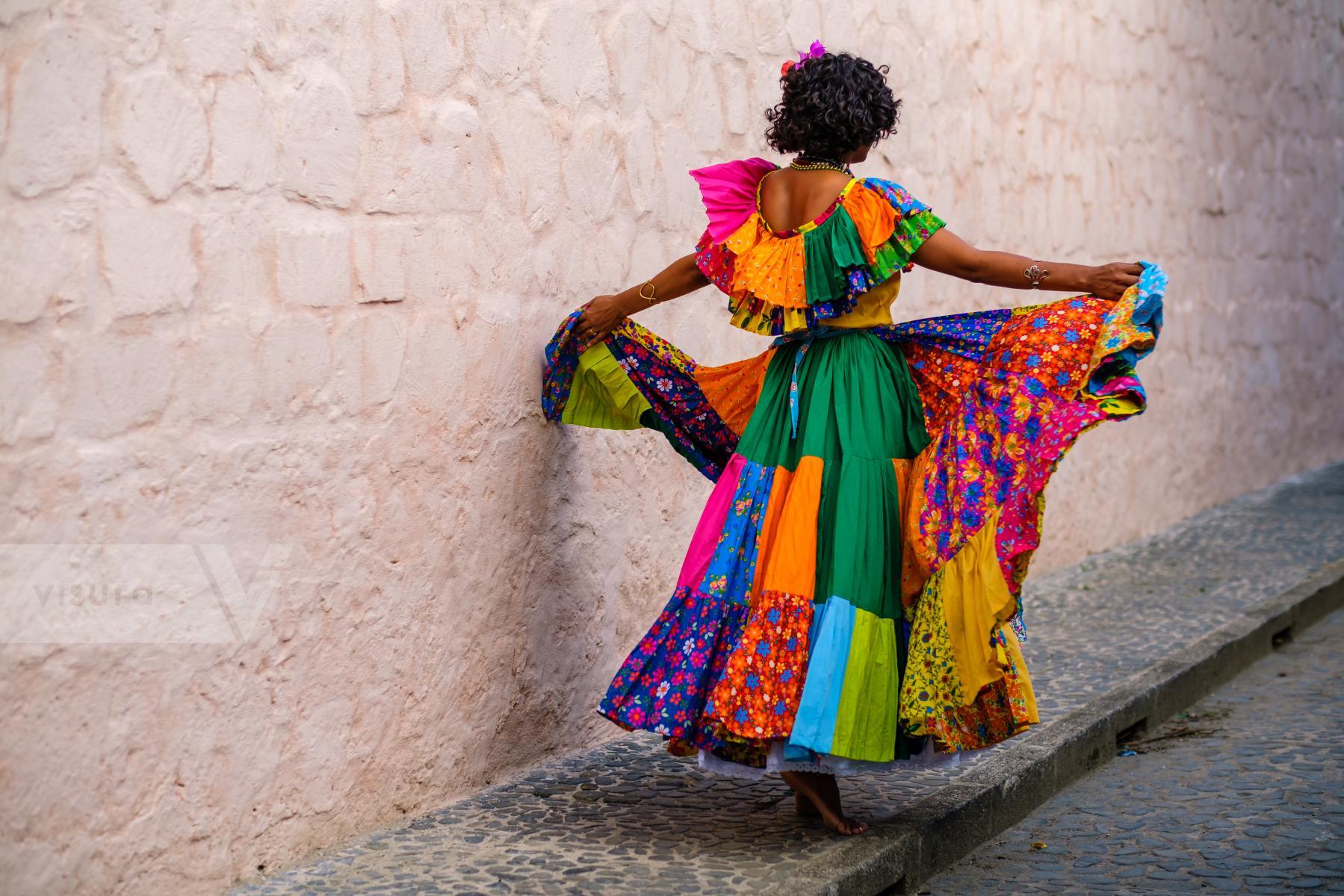
Tatiana posing with her Pollera Congo. Congo traditions in Panama celebrate the resistance enslaved Africans during the Spanish colonial period who escaped to the hills and rain forests of the Americas to establish independent communities. They were free Blacks, free “Congos.” Origin narratives surrounding the name “Congo” suggest that it originally functioned as a generic nomenclature used by Spanish colonists to refer to Africans and their descendants, from the Congo kingdoms of Central and Western Africa. PEDRO SA DA BANDEIRA
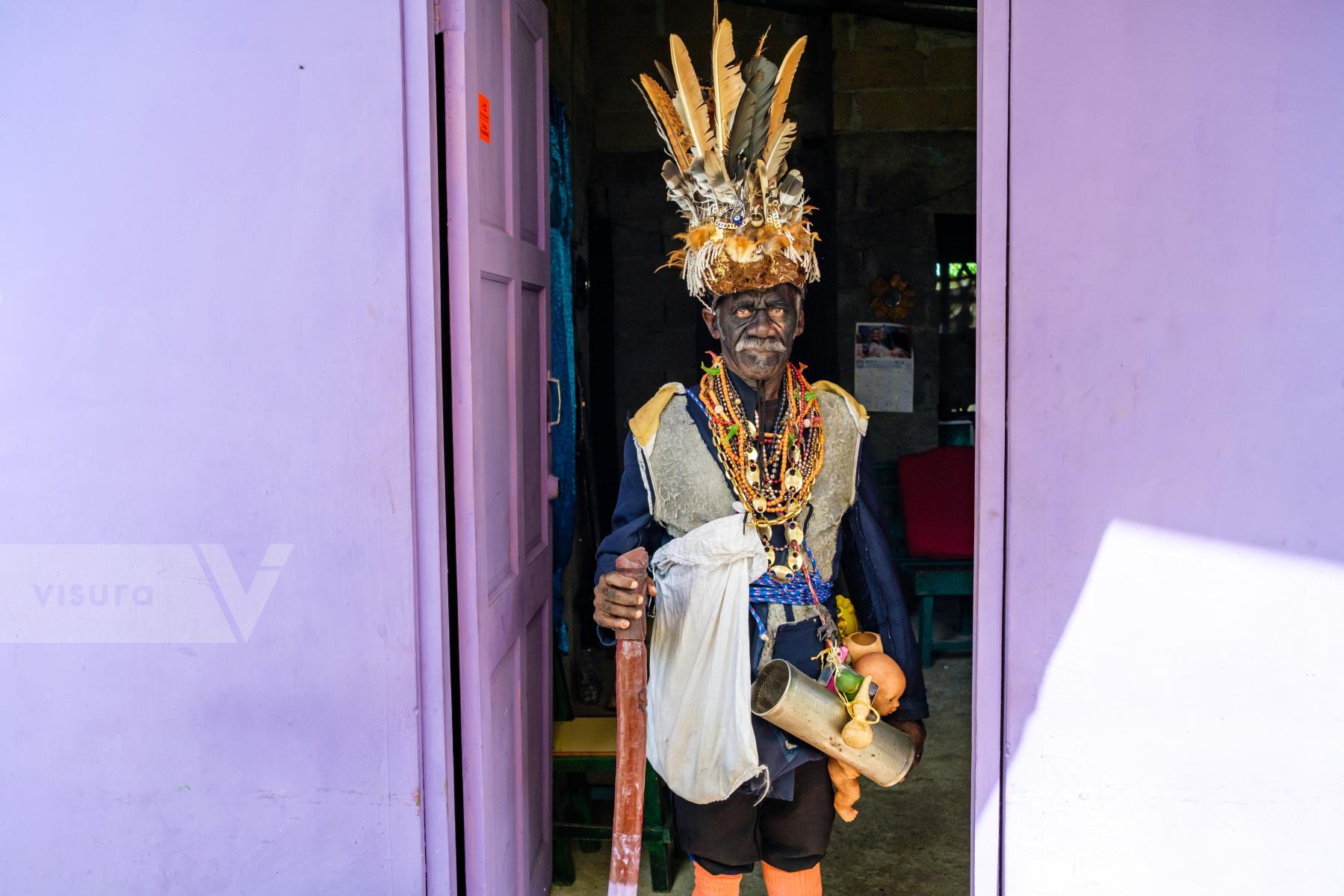
Aranda posing as Congo. Congo traditions in Panama celebrate the resistance enslaved Africans during the Spanish colonial period who escaped to the hills and rain forests of the Americas to establish independent communities. They were free Blacks, free “Congos.” Origin narratives surrounding the name “Congo” suggest that it originally functioned as a generic nomenclature used by Spanish colonists to refer to Africans and their descendants, from the Congo kingdoms of Central and Western Africa. Portobelo Bay, Panama. PEDRO SA DA BANDEIRA
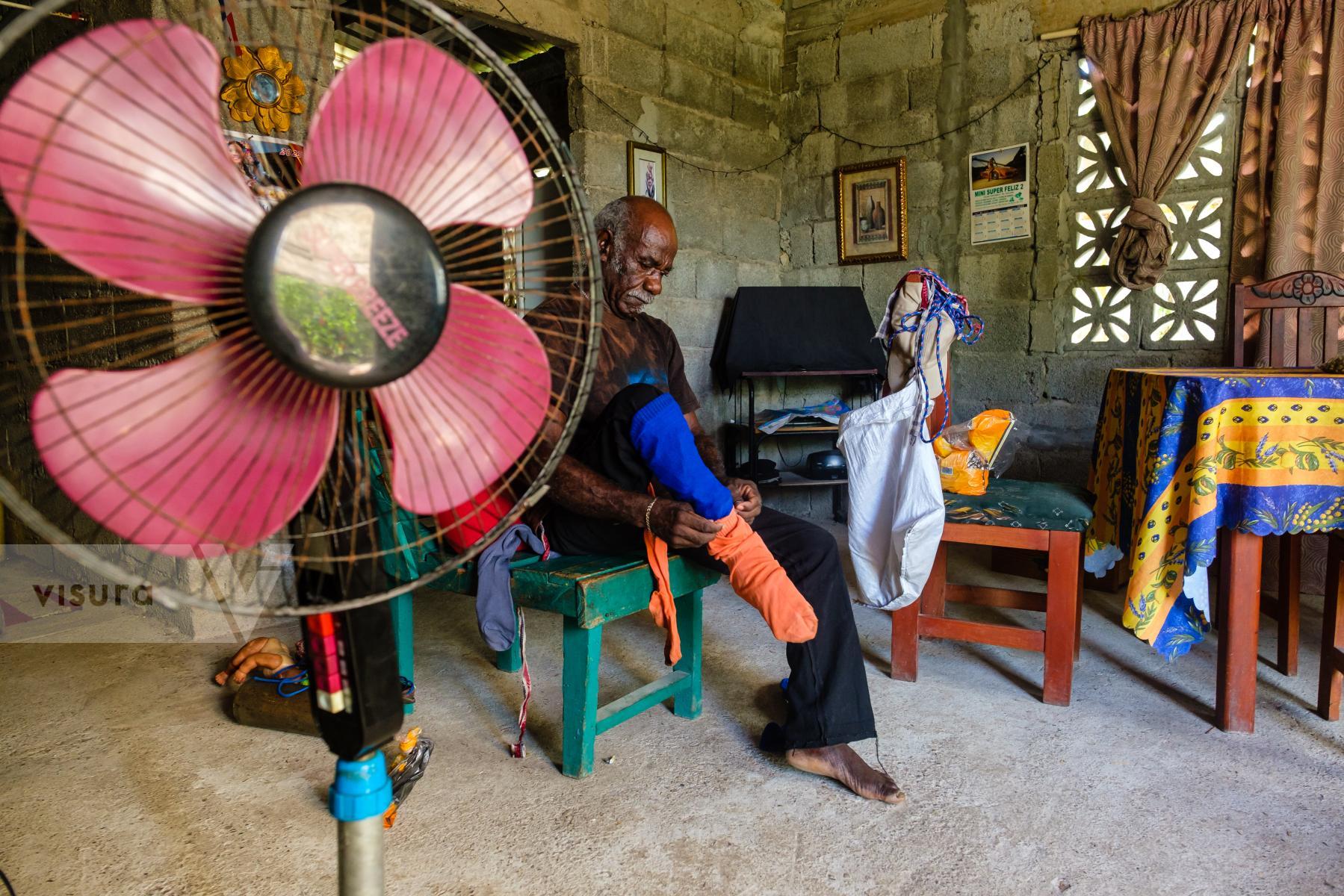
Aranda posing as Congo. Congo traditions in Panama celebrate the resistance enslaved Africans during the Spanish colonial period who escaped to the hills and rain forests of the Americas to establish independent communities. They were free Blacks, free “Congos.” Origin narratives surrounding the name “Congo” suggest that it originally functioned as a generic nomenclature used by Spanish colonists to refer to Africans and their descendants, from the Congo kingdoms of Central and Western Africa. Portobelo Bay, Panama. PEDRO SA DA BANDEIRA
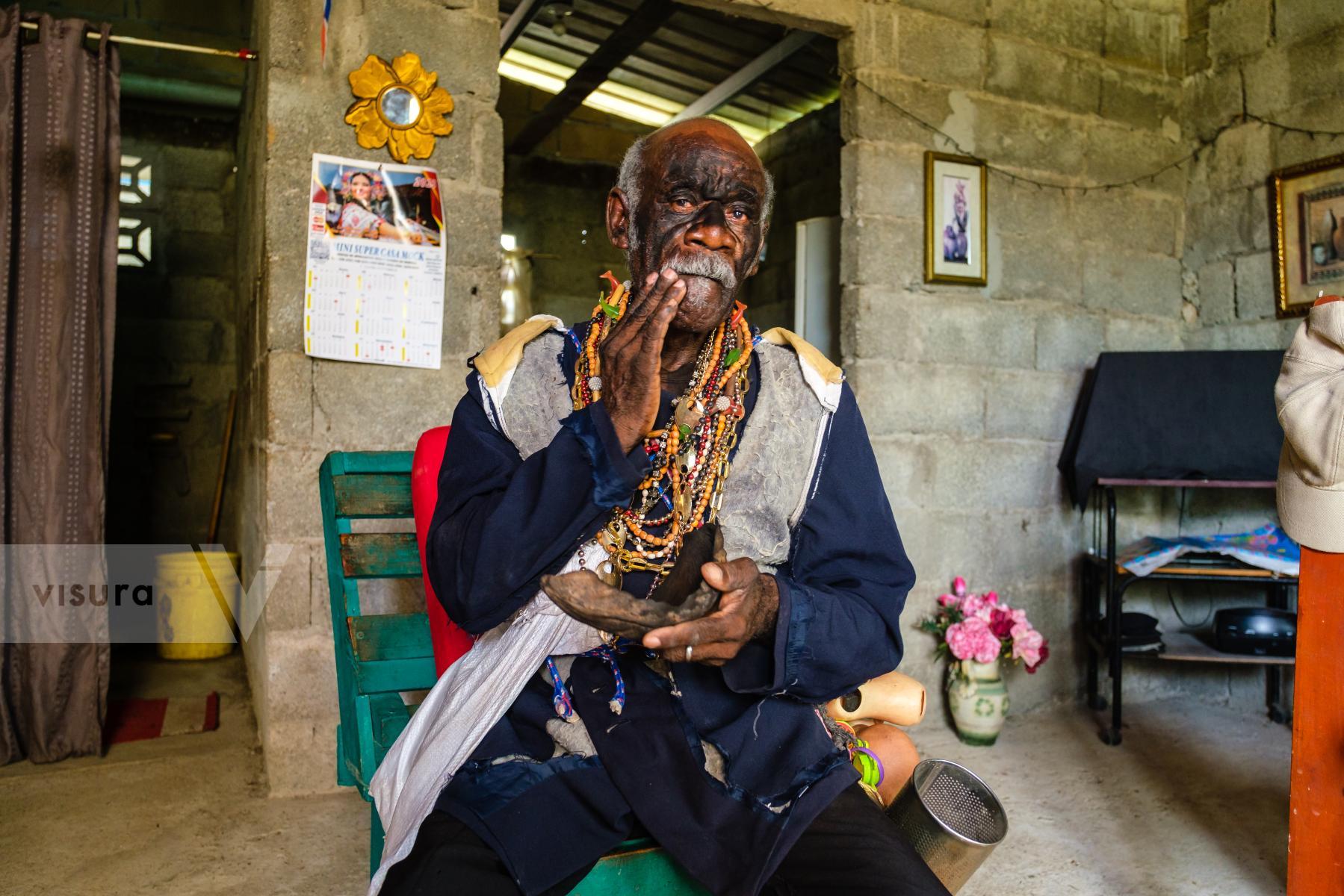
Aranda posing as Congo. Congo traditions in Panama celebrate the resistance enslaved Africans during the Spanish colonial period who escaped to the hills and rain forests of the Americas to establish independent communities. They were free Blacks, free “Congos.” Origin narratives surrounding the name “Congo” suggest that it originally functioned as a generic nomenclature used by Spanish colonists to refer to Africans and their descendants, from the Congo kingdoms of Central and Western Africa. Portobelo Bay, Panama. PEDRO SA DA BANDEIRA
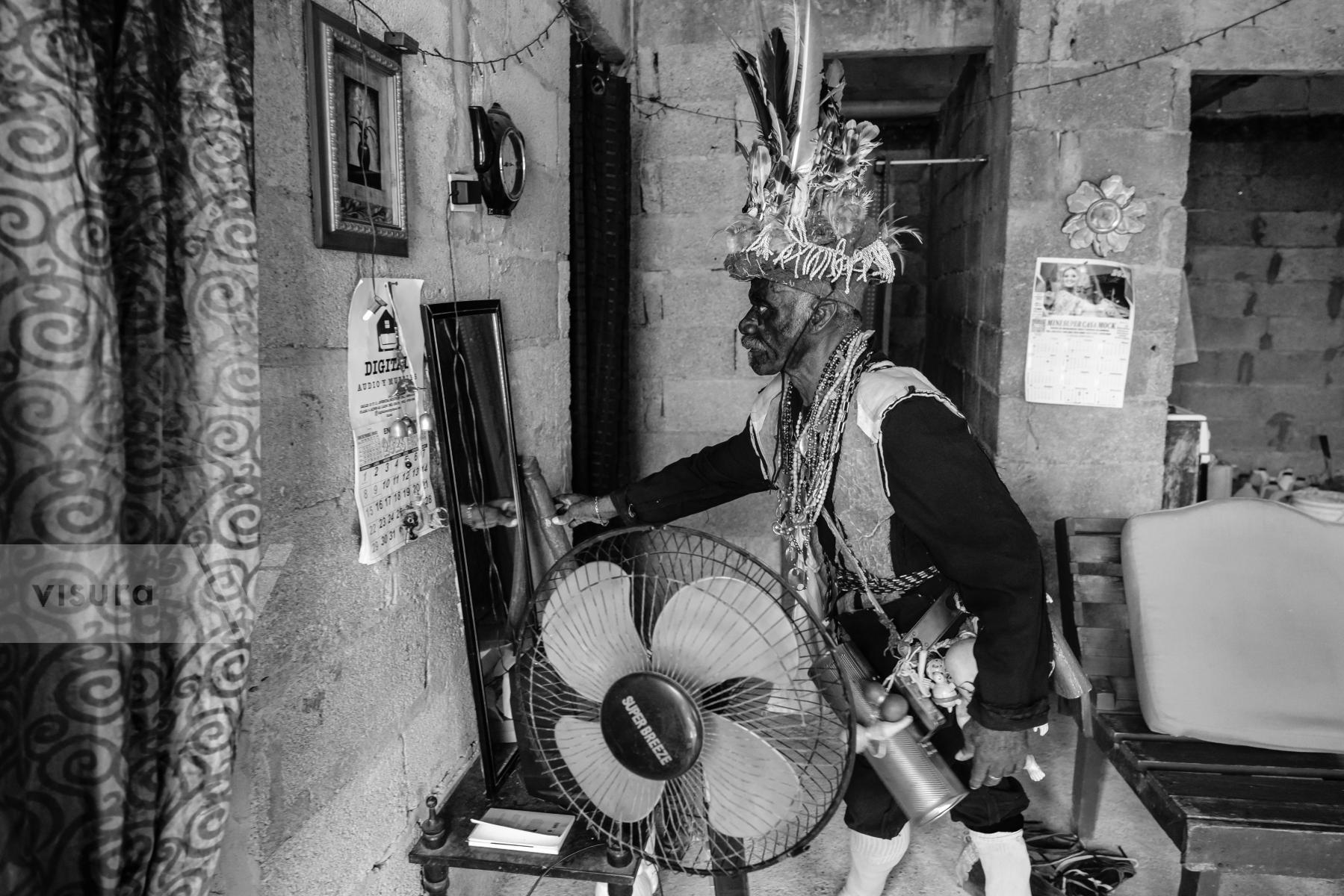
Aranda posing as Congo. Congo traditions in Panama celebrate the resistance enslaved Africans during the Spanish colonial period who escaped to the hills and rain forests of the Americas to establish independent communities. They were free Blacks, free “Congos.” Origin narratives surrounding the name “Congo” suggest that it originally functioned as a generic nomenclature used by Spanish colonists to refer to Africans and their descendants, from the Congo kingdoms of Central and Western Africa. Portobelo Bay, Panama. PEDRO SA DA BANDEIRA
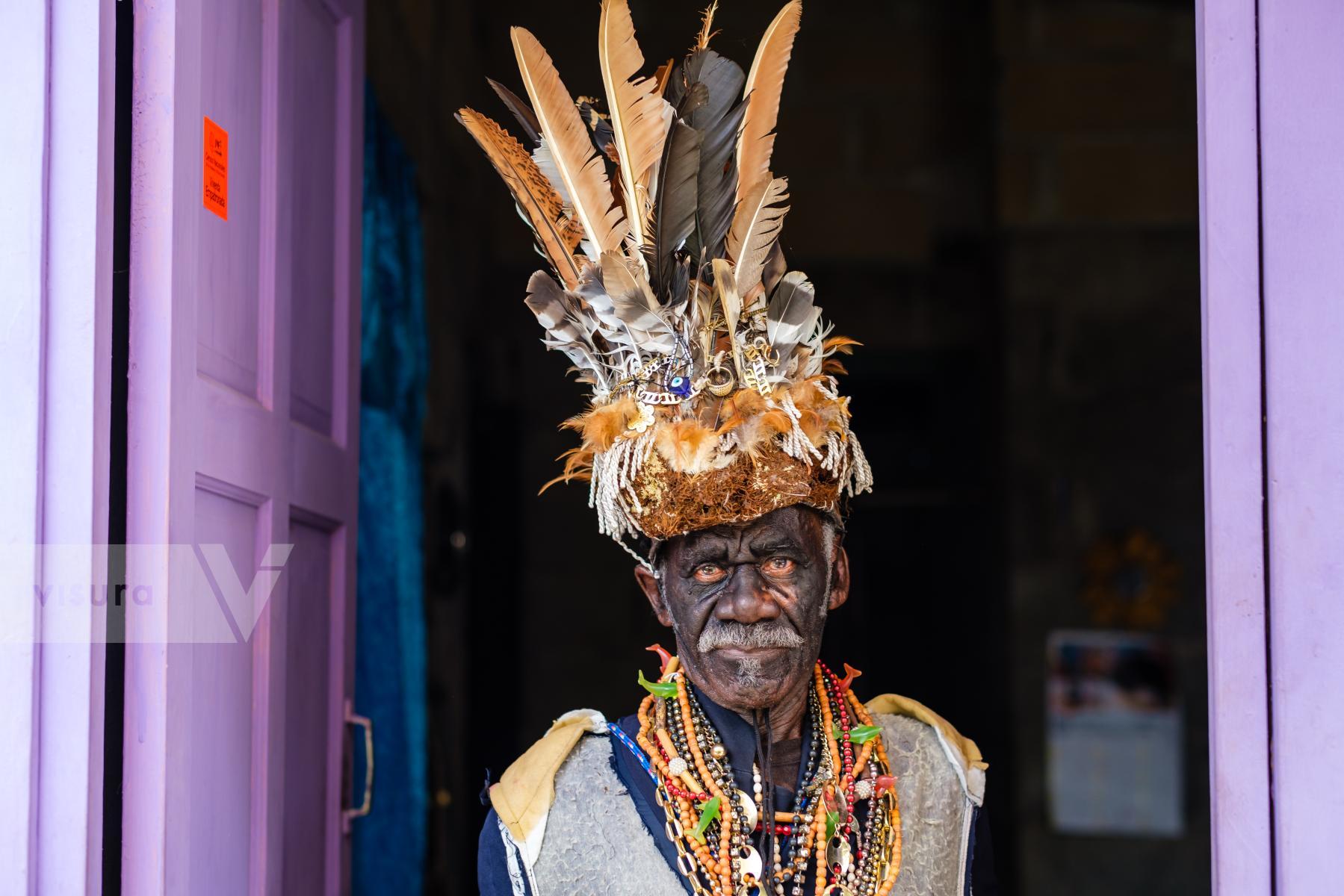
Aranda posing as Congo. Congo traditions in Panama celebrate the resistance enslaved Africans during the Spanish colonial period who escaped to the hills and rain forests of the Americas to establish independent communities. They were free Blacks, free “Congos.” Origin narratives surrounding the name “Congo” suggest that it originally functioned as a generic nomenclature used by Spanish colonists to refer to Africans and their descendants, from the Congo kingdoms of Central and Western Africa. Portobelo Bay, Panama. PEDRO SA DA BANDEIRA

































